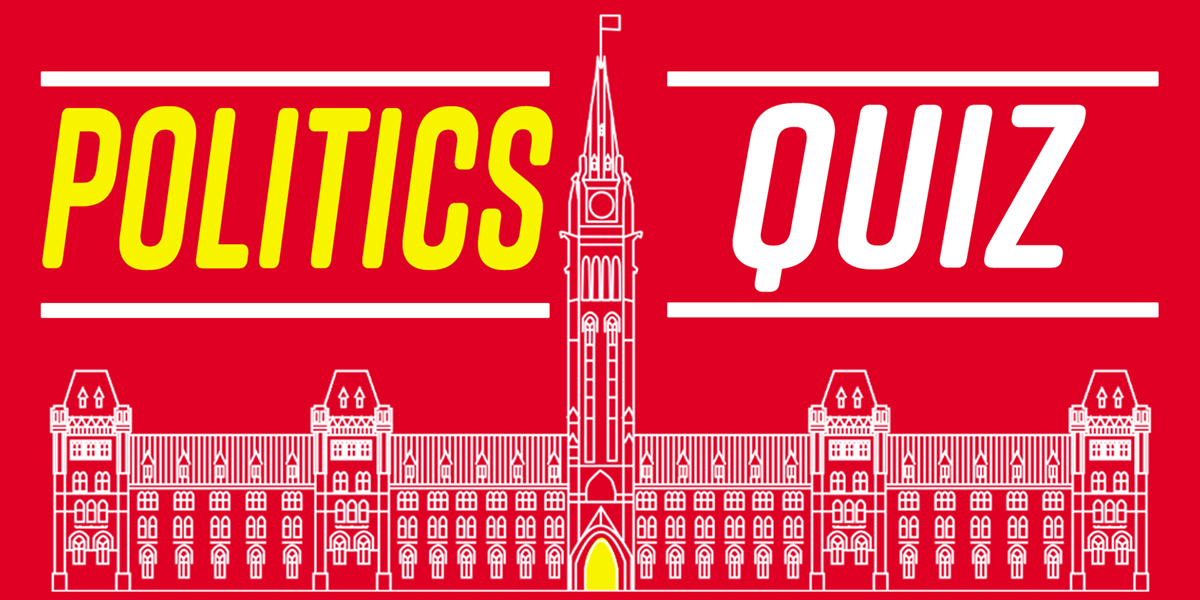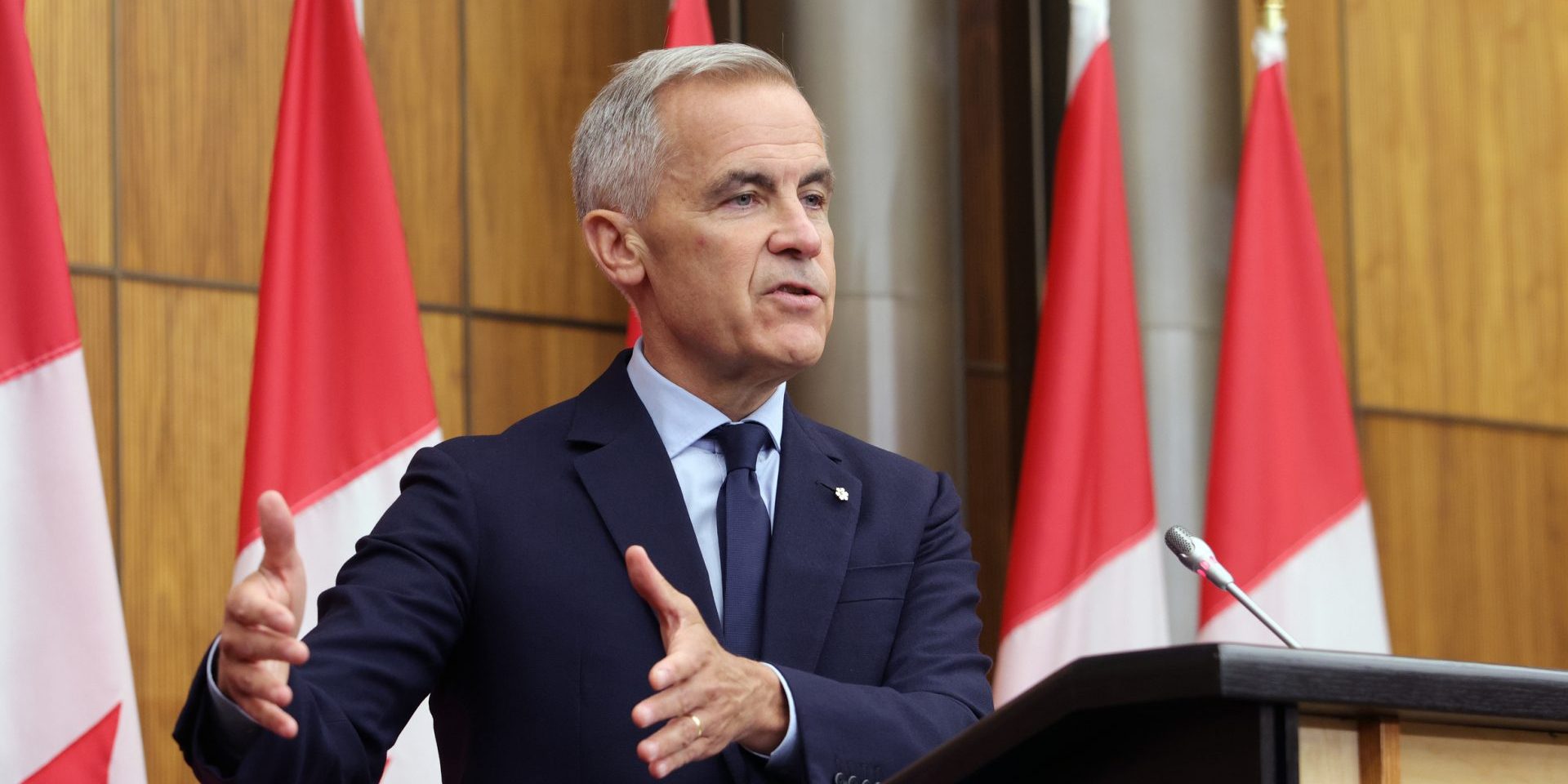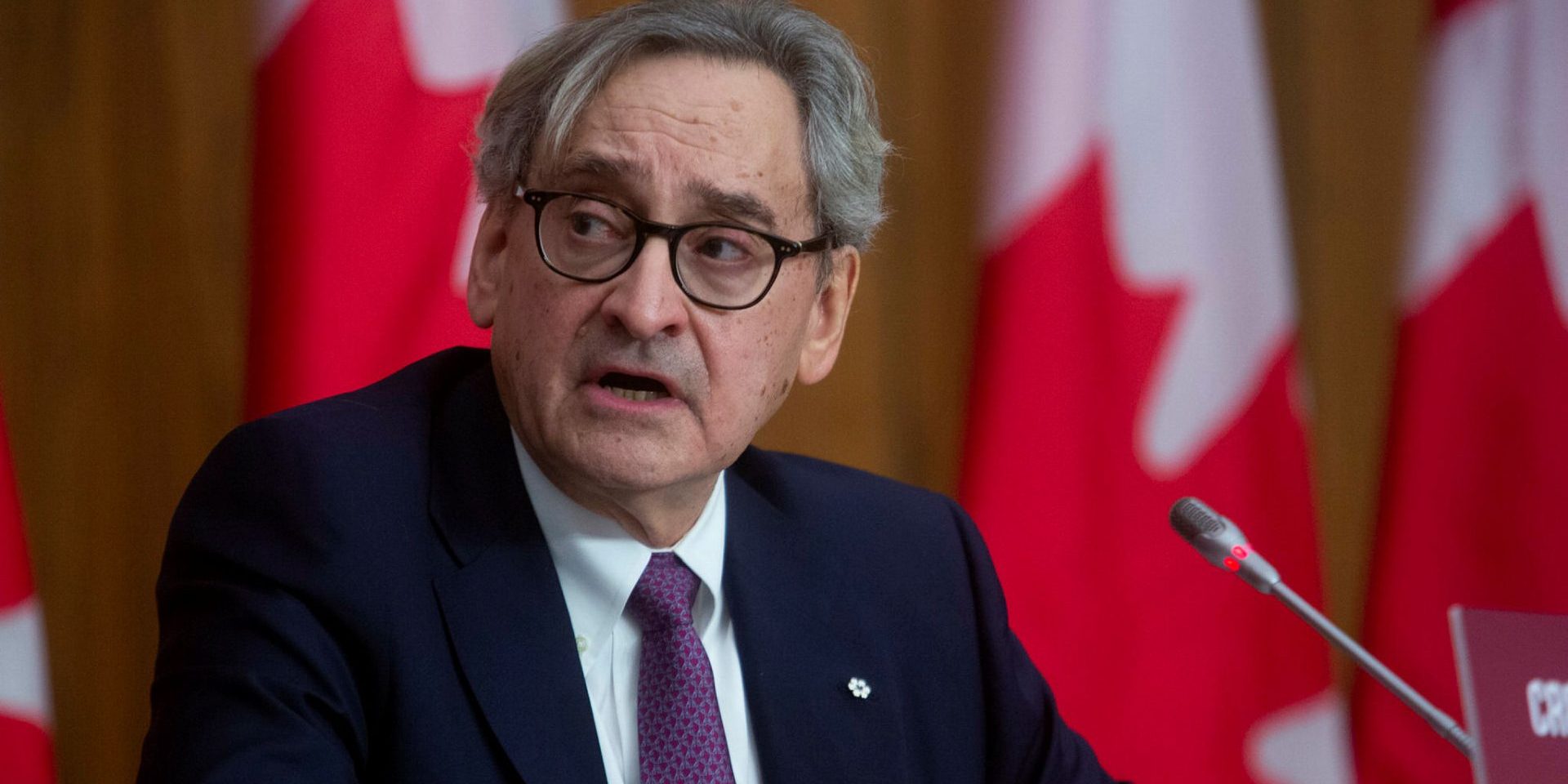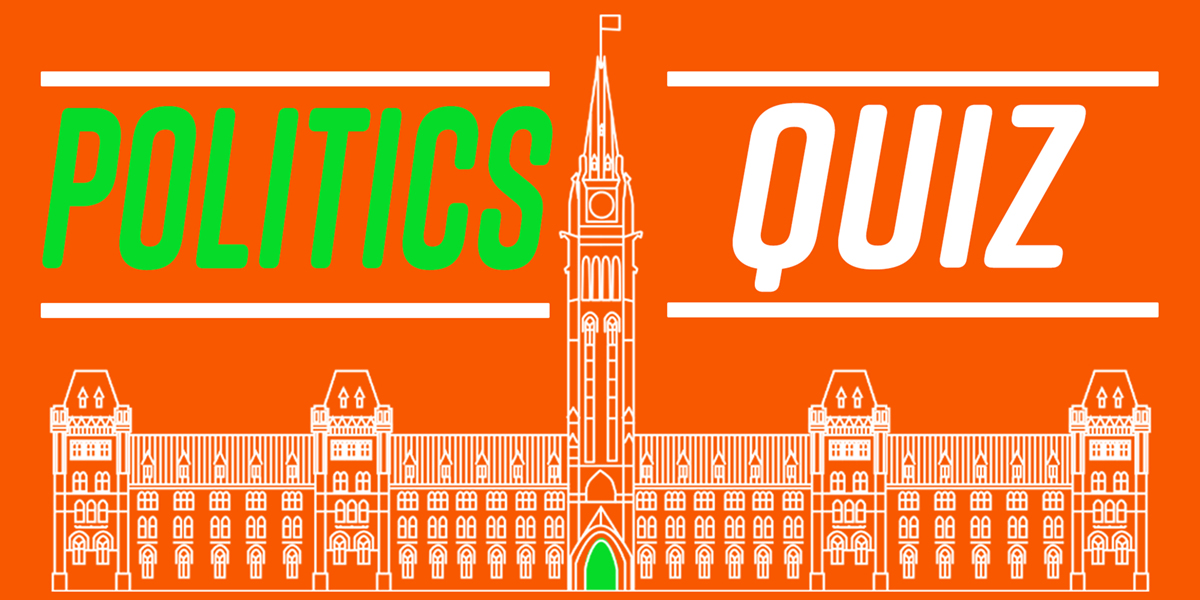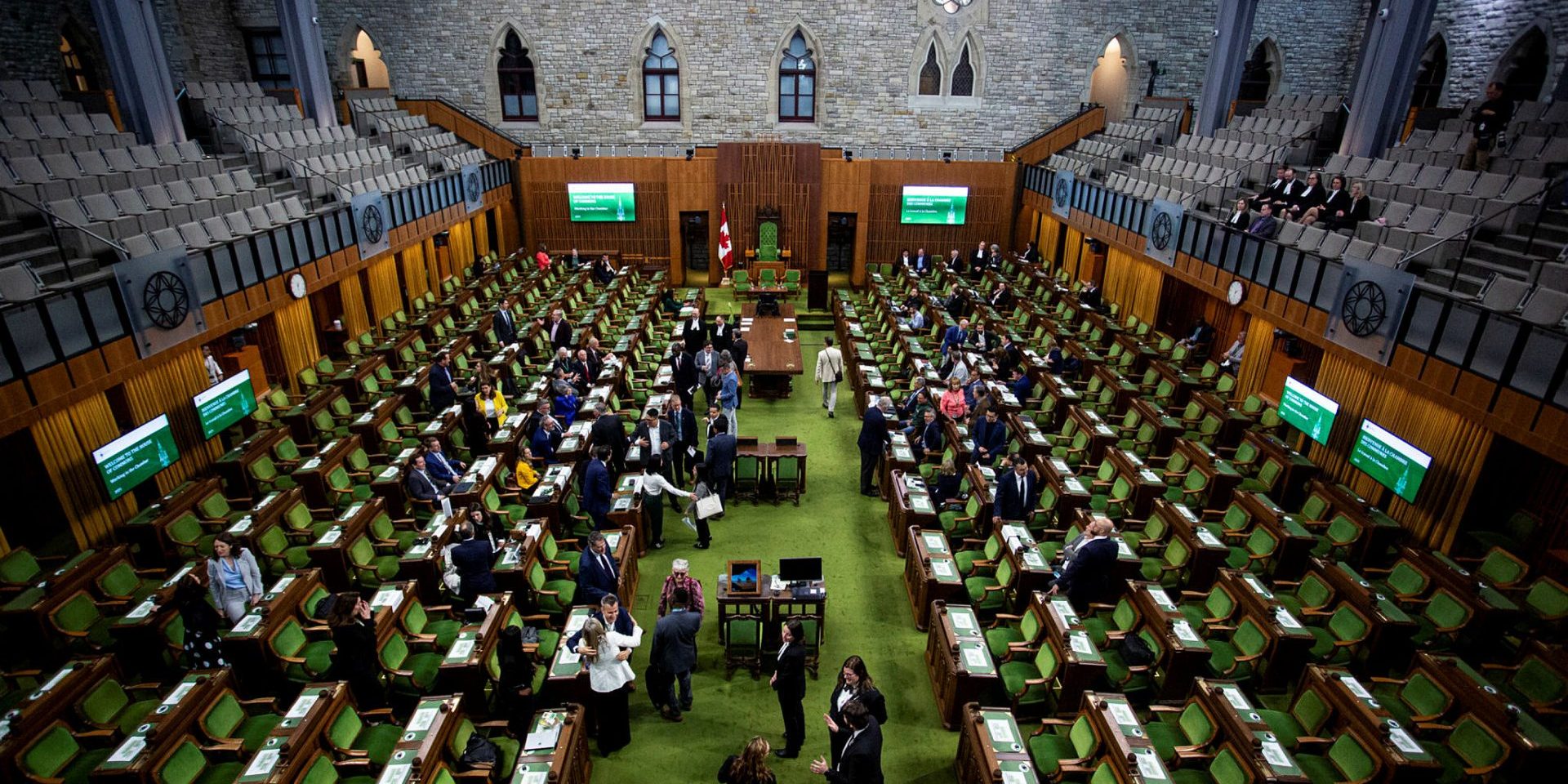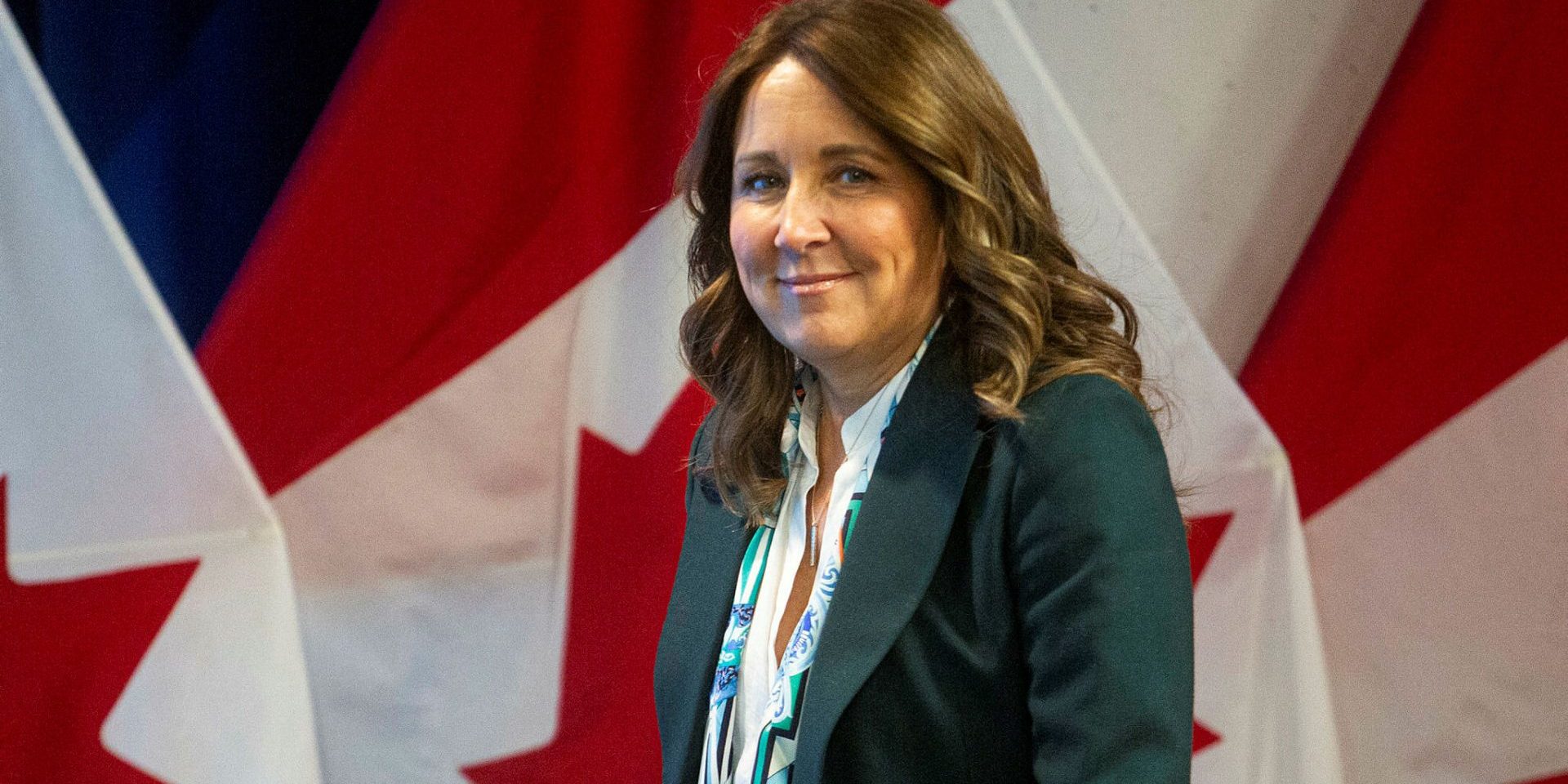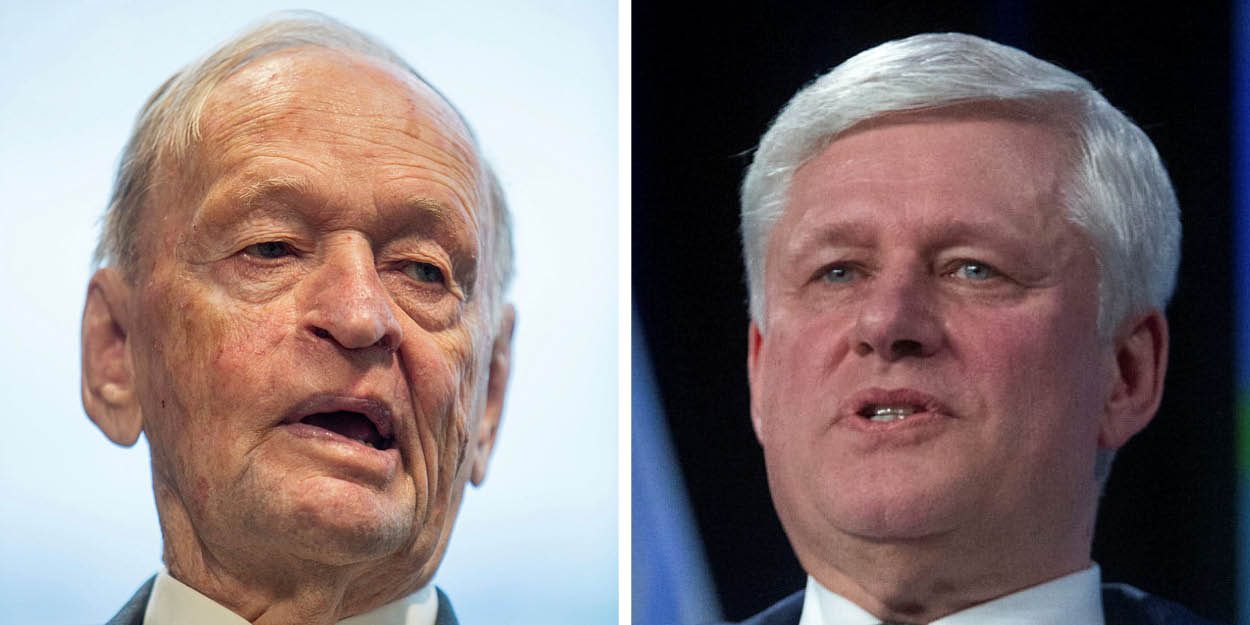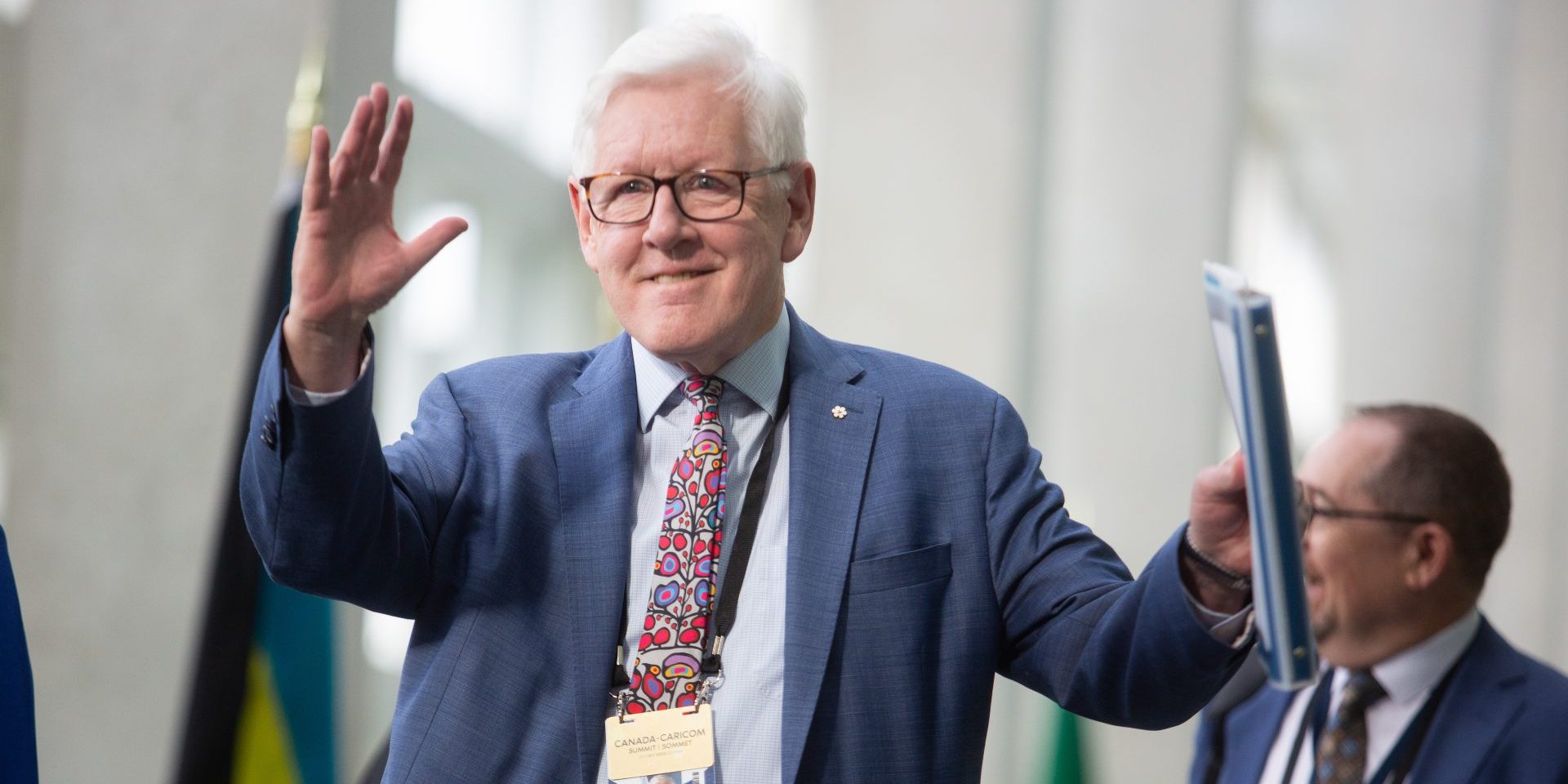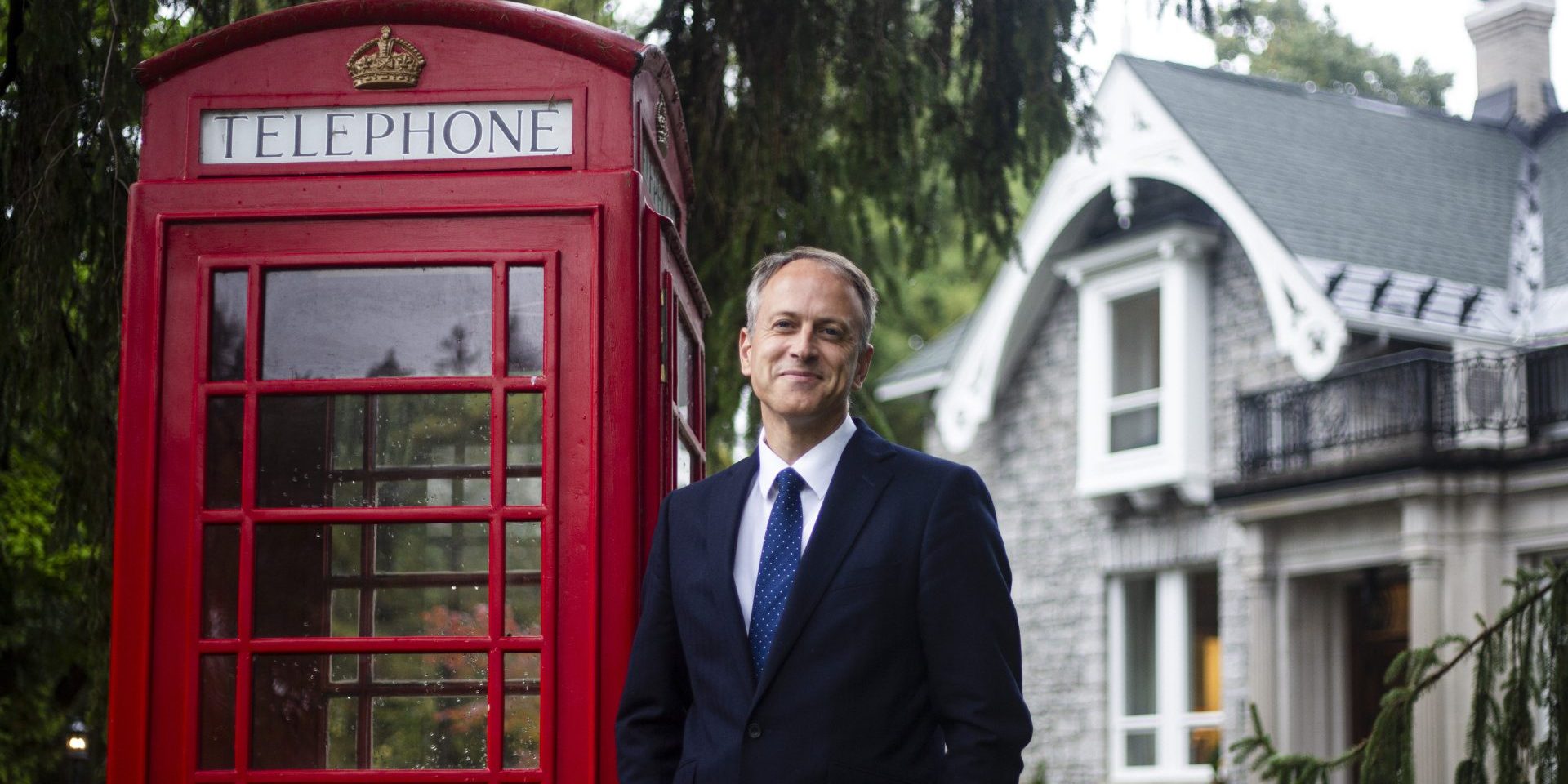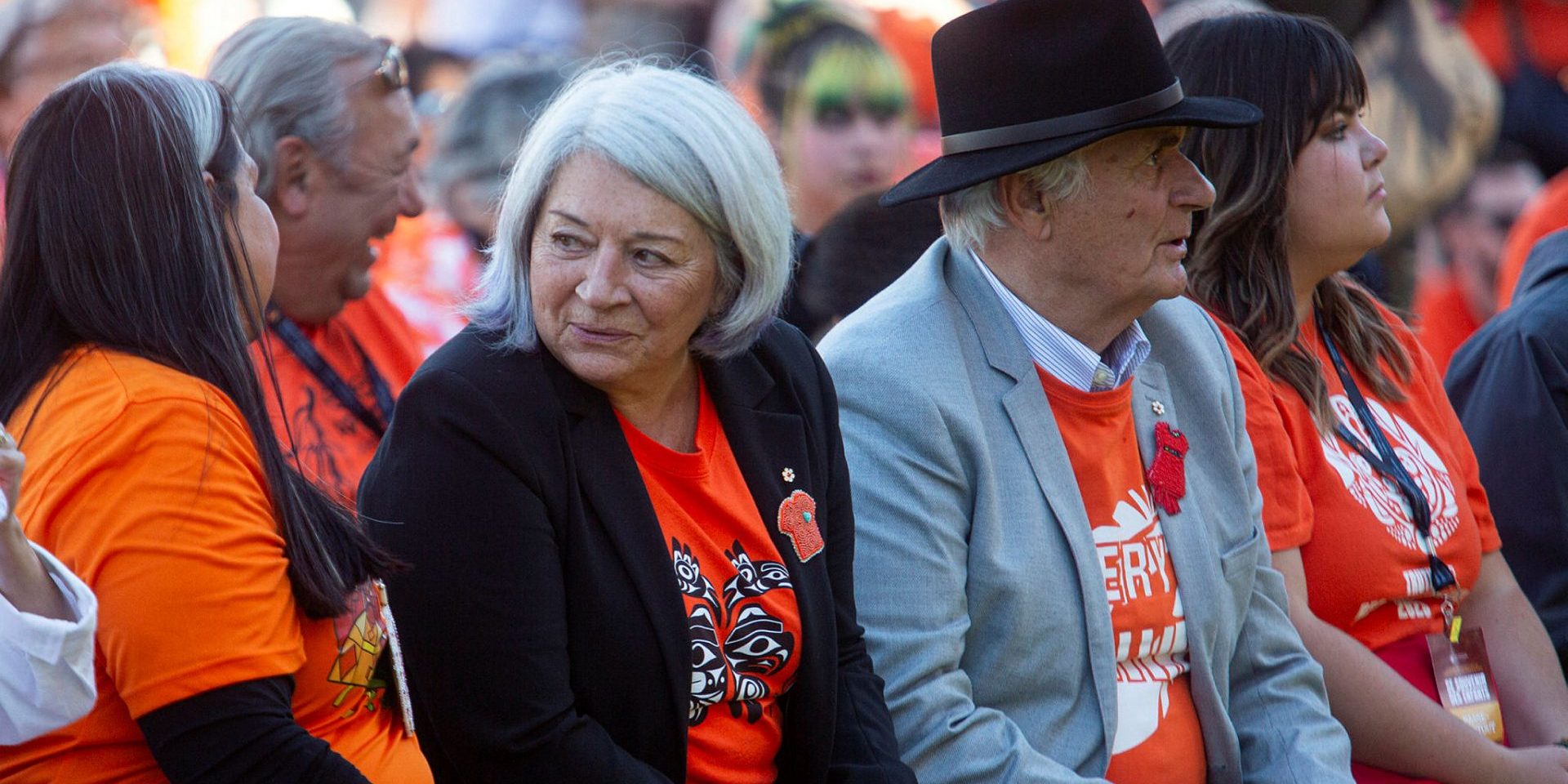U.S. election preoccupies Canada’s top 50 foreign influencers as feds’ focus gets pulled from Asia strategy
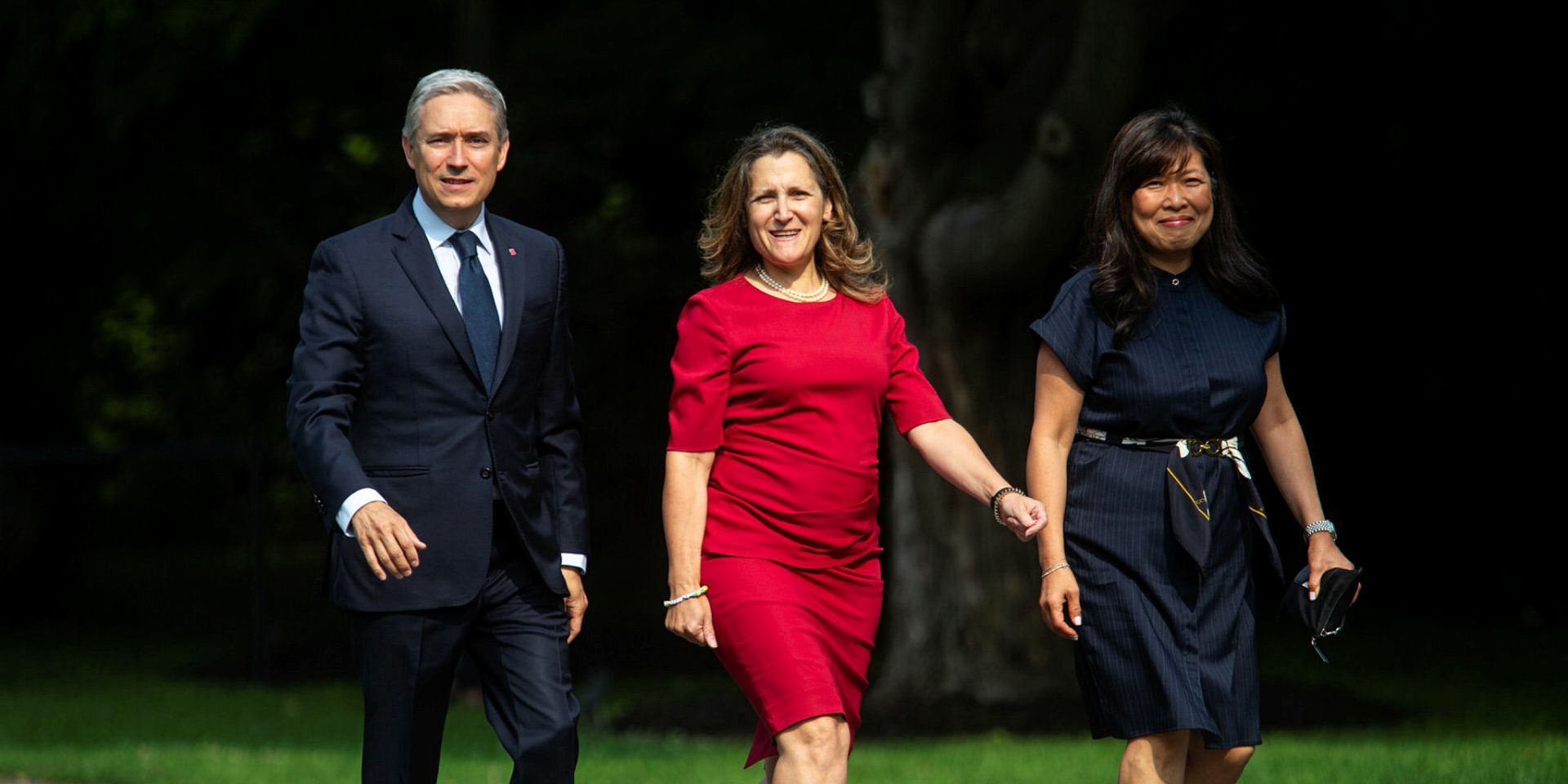
With wars in the Middle East and Eastern Europe, a worsening crisis in Haiti, and stunted relations in Asia, those influencing Canada’s foreign policy trajectory already have a full docket. But for most involved with international files, their eyes are still locked due south as Canada braces for a consequential American election this fall.
While Canada prepares for the possible return of a Donald Trump presidency in Washington, D.C., it faces an increasingly disruptive and unpredictable world order in which those with influence must respond to the pull of seemingly unending international crises, and do so with a shrinking budget.
In a major foreign policy address last October, Foreign Affairs Mélanie Joly painted a bleak picture of the world that Canada has found itself needing to navigate: “Our world is marked by geopolitical turbulence, unpredictability, and uncertainty. The tectonic plates of the world order are shifting beneath our feet. And the structures that are built upon them are fracturing.”
As the Liberal government closes in on almost nine years in power, the number of people influencing Canada’s place in the world is shrinking, with those holding sway largely working in—or are trusted voices to those in—the Prime Minister’s Office, and to a lesser degree in the Pearson Building, where Global Affairs Canada (GAC) is headquartered. That leaves a reduced number of Canadian diplomats on the list compared to years past, with ambassadors like Kirsten Hillman in Washington, D.C., and Bob Rae at the United Nations in New York City a cut above the rest.
With the “Team Canada” effort for engagement with the United States in its early days, those who are part of the effort are playing an outsized role, including International Trade Minister Mary Ng, Innovation Minister François-Philippe Champagne, Hillman, and senior GAC official Larisa Galadza.
“It’s all going to be about the relationship with the U.S. this year,” said one foreign policy watcher. “Anyone who is playing a role there, commenting, influencing foreign policy will be more important, frankly, over the next year or two.”
While a renewed engagement in the Indo-Pacific was in the spotlight following the release of the government’s strategy in late 2022, attention on the continent has started to dwindle amid stunted relationships with China and India as concern mounts over allegations of foreign government interference in Canadian elections.
Over the last 365 days, the focus has shifted from the Indo-Pacific to dealing with the U.S., according to a senior government official. “There is a slight shift in focus from [Asia] to Canada-U.S., with the additional pressure from a continued war in Ukraine and conflict in the Middle East,” the source said.
To compile this year’s list of the top 50 people with international sway, The Hill Times spoke with more than 15 senior government sources, sitting Parliamentarians, former top officials, past diplomats, insiders, and stakeholders. The great majority of sources spoke to this newspaper on a not-for-attribution basis for added frankness.
Those who just missed the cut on year’s version of the list include Environment Minister Steven Guilbeault, who was praised for his performance at COP28; Canada’s envoy in London Ralph Goodale, and the United Kingdom’s high commissioner in Ottawa Susannah Goshko, whose influence took a hit with the pause on Canada-U.K. trade talks; Ukrainian Ambassador to Canada Yulia Kovaliv is seen as an effective operator, but her influence was slightly lessened as the conflict has fallen out of the spotlight thanks to the war in Gaza; l’Université de Montréal professor Laurence Deschamps-Laporte and the University of Ottawa’s Thomas Juneau were widely praised; as were staffers Taras Zalusky, who is chief of staff to Defence Minister Bill Blair, and Elise Wagner, policy director to Ng. Long-serving parliamentary secretary to the foreign minister, Liberal MP Robert Oliphant, continues to have a wide array of backers, but his influence has taken a hit following the report on a private conversation he had with a constituent criticizing the the government’s policies on the Israel-Hamas war, as well as his long-delayed work towards an African engagement plan.
The list is presented by category in no specific order.
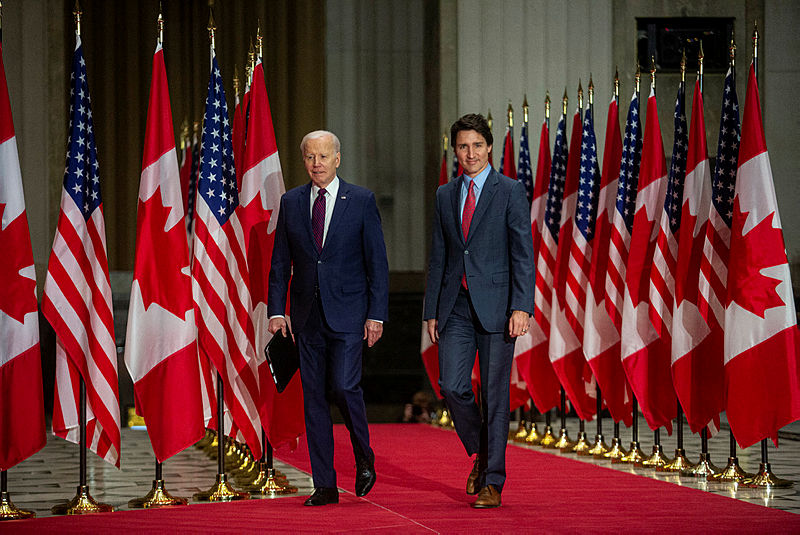
Politicians
Justin Trudeau, prime minister
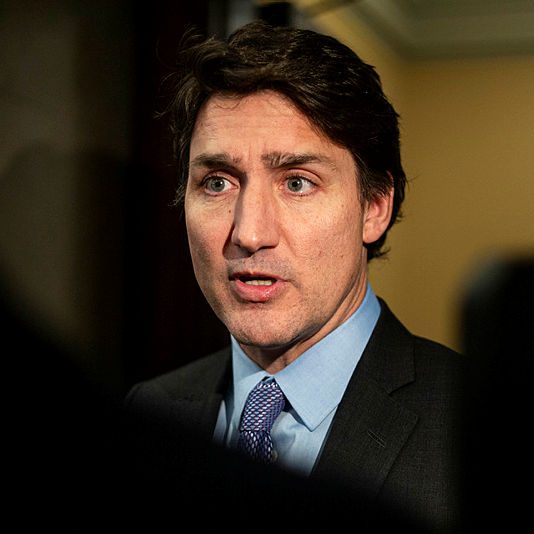
As the final decision-maker, Justin Trudeau’s influence will dominate the country’s foreign policy as long as he is prime minister.
While the early enthusiasm for the Canadian leader internationally has faded—albeit not to the same extent as his domestic popularity—he remains prominent on the world stage, especially at international summits, and is the longest-serving leader in the G7.
The ongoing wars in Ukraine and Gaza remain front and centre for the prime minister as he nears the end of his third mandate.
Chrystia Freeland, deputy prime minister and finance minister
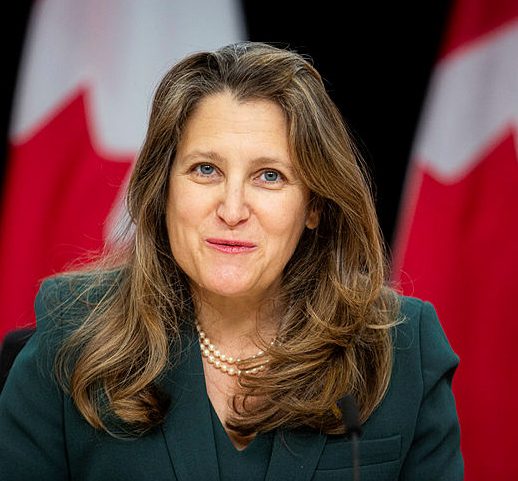
Chrystia Freeland may not be in charge of the foreign affairs portfolio anymore, but as Trudeau’s second-in-command and custodian of the nation’s finances, she remains heavily influential on Canada’s standing in the world. Thanks to her connections and close circle of friends in high places from Kyiv to Washington, Freeland remains a major player in Canada’s relationships with the U.S. and the European Union, including efforts to seize Russian Central Bank assets and transfer them to Ukraine.
Mélanie Joly, foreign affairs minister
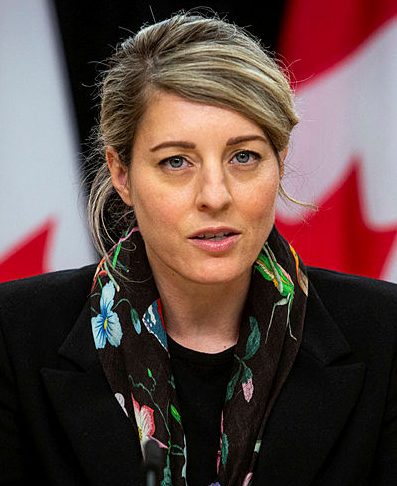
As Canada’s top diplomat, Mélanie Joly has established herself as the second-most seasoned foreign affairs minister under Trudeau (aside from Freeland), but she faces increasing challenges while being pulled in all directions, and navigating the domestic implications of the wars in Gaza and Ukraine. With her department in the middle of a foreign service transformation, Joly faces looming budget cuts as both she and external voices have called for more investment.
With the government’s focus on Asia dwindling since the Indo-Pacific strategy was unveiled, Joly has the challenge of navigating rocky relationships with China and India. One former senior government official said that responding to the war in Gaza has made it “challenging” to move forward on strategic initiatives.
Mary Ng, international trade minister
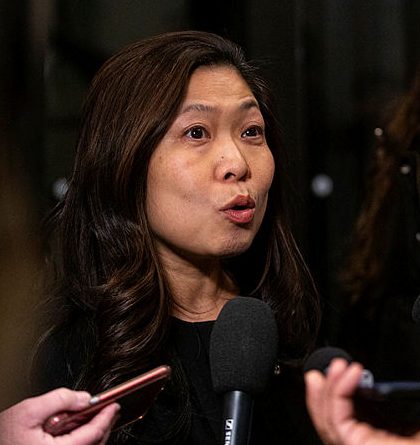
Tasked as one of the leaders of Canada’s engagement efforts with the U.S. ahead of the November presidential election, Mary Ng has been put front and centre to help chart the course on Canada’s most important relationship. She has a close relationship with U.S. Trade Representative Katherine Tai as both countries make preparations for the 2026 review of the North American trade pact. On Capitol Hill, Ng has developed relations with those on both sides of the Congressional aisle, according to a senior government source.
Some of the shine came off of the trade file with Canada’s negotiations with India and the U.K. grinding to a halt. Finalizing completed pacts won’t be easy to come by in 2024 for Ng.
François-Philippe Champagne, innovation, science, and industry minister
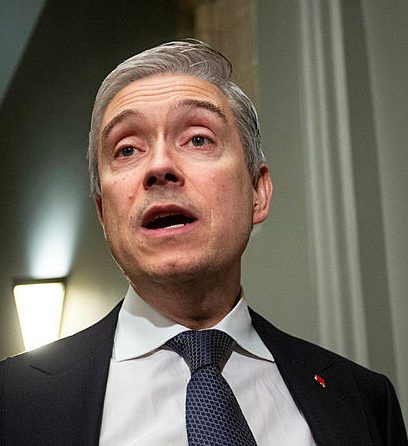
Joining Ng in leading Canada’s engagement with the U.S. is the diminutive innovation minister, who has been described as an “energizer bunny.” François-Philippe Champagne will have his elbows up this year as he defends Canada’s economic interests while facing a potential return of Trump to the White House. The effort is still in the early stages, according to a senior official, but it ensures that 2024 will be a big year for both Champagne and Ng. The Wilson Center’s Canada Institute director Christopher Sands said the pair has a “tough job ahead,” and 2024 will be a “make-or-break year for them.”
The globetrotting Champagne brings deep experience to the global file as a former minister for both foreign affairs and international trade. He has received praise for bringing foreign direct investment into Canada with the announcement of new auto plants.
Bill Blair, defence minister
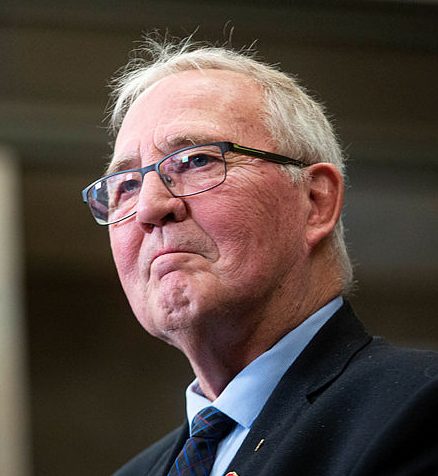
Under near-constant fire defending the state of Canada’s military—which faces an ever-increasing personnel and equipment readiness crisis—Bill Blair has been upfront on the need for the government to do more. At the same time, he has yet to convince the government to increase defence spending as it has earmarked $2.5-billlion in cuts over three years for his department. Canada has faced global pressure from NATO allies to boost its defence spending to meet commitments to the military alliance, which will only be intensified if Trump retakes the White House. Many are still waiting on a defence policy update that is more than two years in the making, and is still yet to be released.
However, a senior government source described Toronto’s former top cop as having a large presence on the world stage, especially with the ongoing role Canada plays responding to the wars in Ukraine and in the Middle East.
Dominic LeBlanc, public safety minister
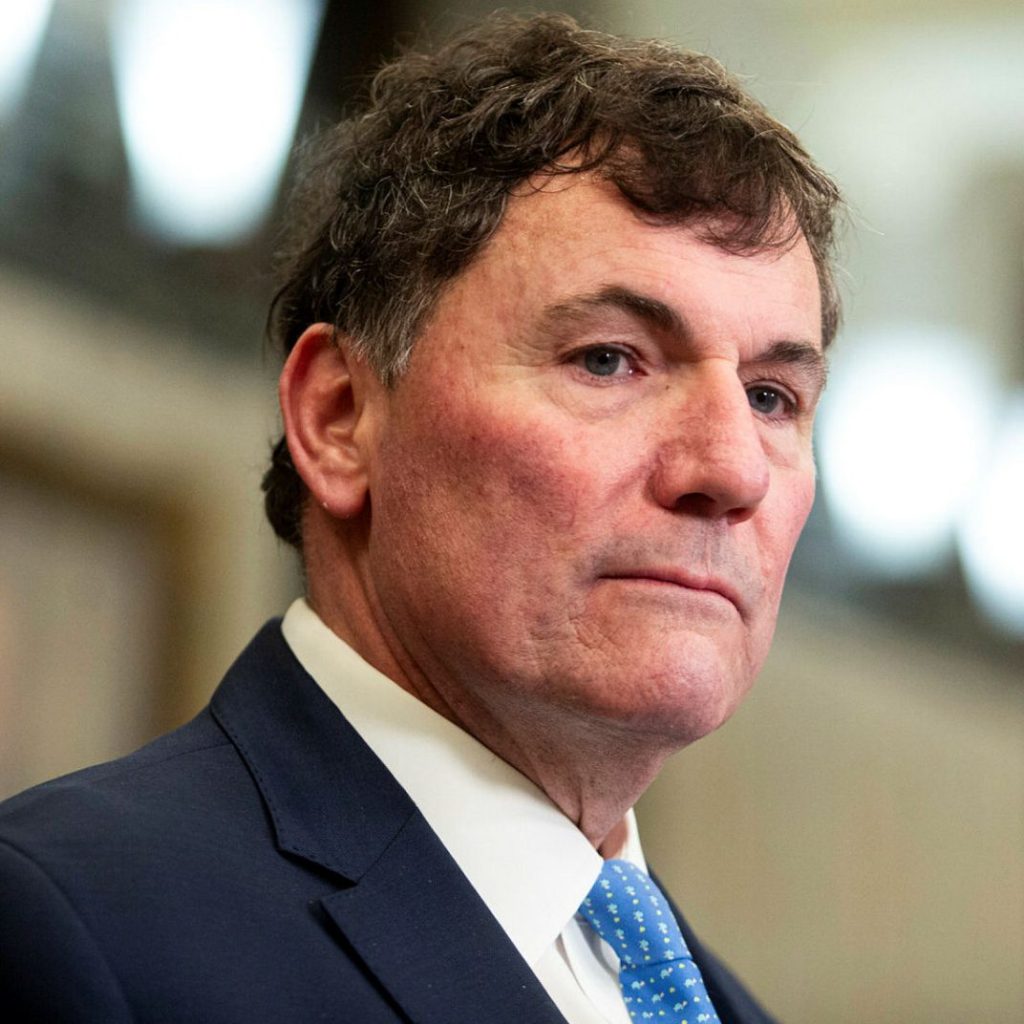
Picking up the dual portfolios of public safety and democratic institutions last July, Dominic LeBlanc has been the government’s point man on its response to allegations of foreign interference in Canadian elections. While the public inquiry into foreign interference—which will present its findings later this year—is primarily a response to domestic political concerns, LeBlanc’s proximity to the prime minister means the minister cannot be ignored for his resulting influence on foreign policy. With much of Canada-U.S. chatter focused on national security, LeBlanc is a central figure in the bilateral relationship, especially with his oversight of the Canadian Security Intelligence Service and the Canada Border Services Agency, according to a senior government official.
Ahmed Hussen, international development minister
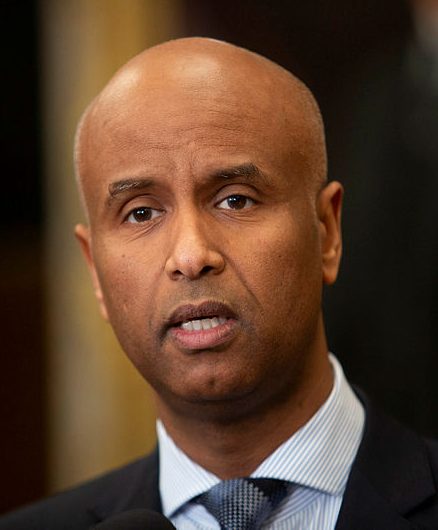
After being shuffled from housing to international development last summer, Ahmed Hussen regularly finds himself in the middle of much of the foreign policy discussions in cabinet, according to a senior government source. However, his handling of the temporary suspension of funding to the United Nations Relief and Works Agency and rushed announcement that Canada would be participating in missions to air-drop aid into Gaza have caused frustration and questions regarding his decision-making on the file.
Jonathan Wilkinson, energy and natural resources minister
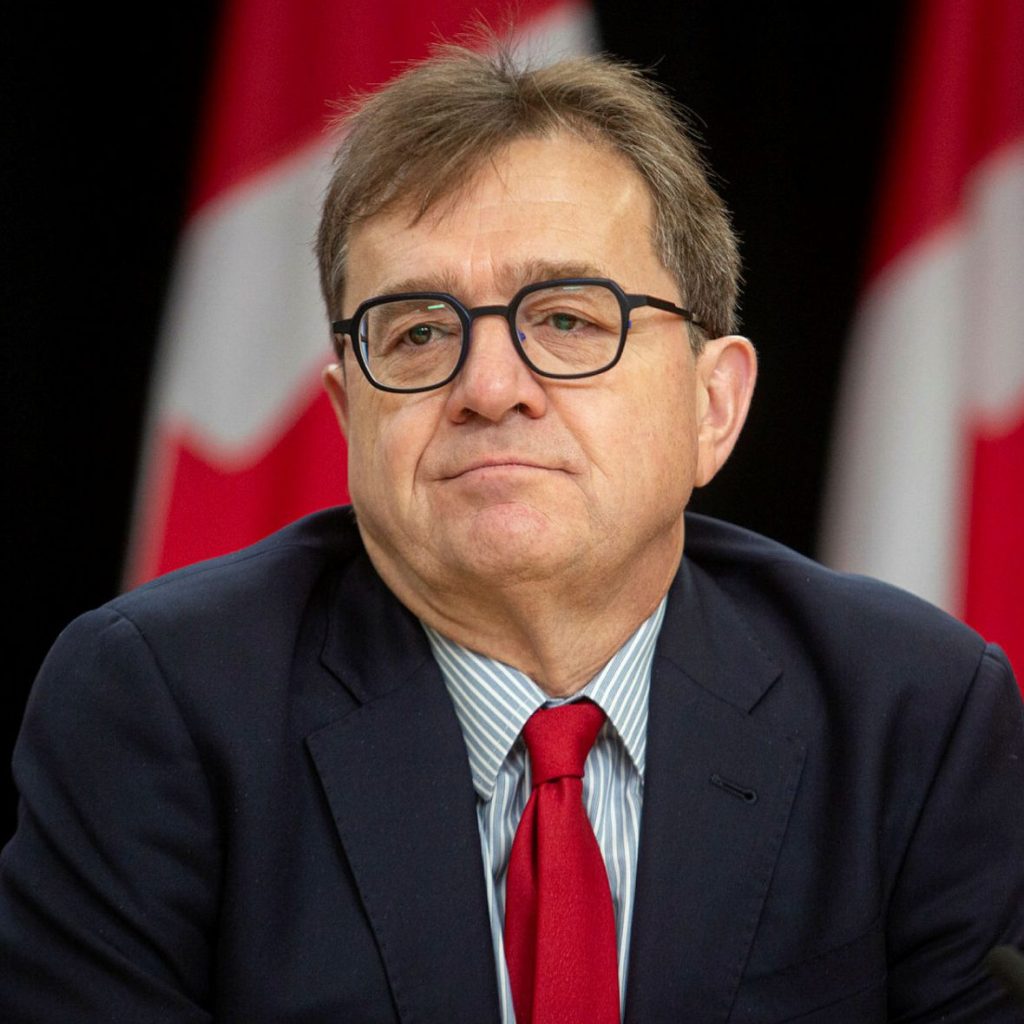
Natural resources, the environment, and Canada’s foreign policy are increasingly intertwined, leading numerous sources to name Jonathan Wilkinson as holding outsized influence on the country’s foreign policy and international trade discussions. Wilkinson’s global influence stems from leading the critical minerals file, according to a senior government official.
Sources also pointed to Wilkinson’s counterpart on the environment portfolio, Steven Guilbeault, as being a “rockstar” for Canadian interests at the COP28 climate conference in the United Arab Emirates last year. The environment-natural resources combination are only becoming more important for Canada on the international stage.
Michael Chong, Conservative foreign affairs critic
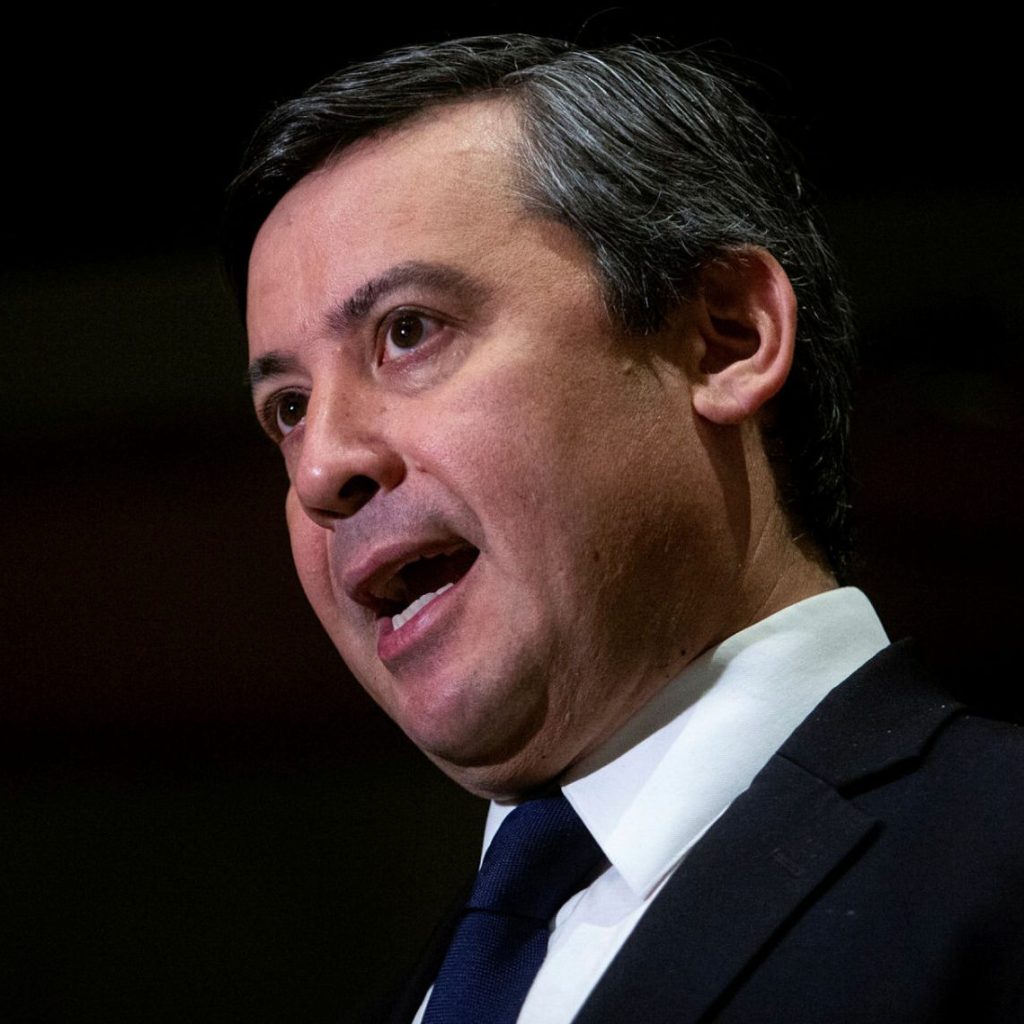
Michael Chong remains “the man” on Conservative foreign policy, sources agreed, with leader Pierre Poilievre giving the critic room to be the party’s face on issues such as the Middle East and foreign interference. But multiple sources also noted that new Tory MP Shuvaloy Majumdar, elected in a July 2023 byelection, will become increasingly influential on foreign policy thinking within the caucus as the next election approaches. Conservative deputy leader Melissa Lantsman has also been an influential voice on the Israel-Hamas war, according to one strategist.
Heather McPherson, NDP foreign affairs critic
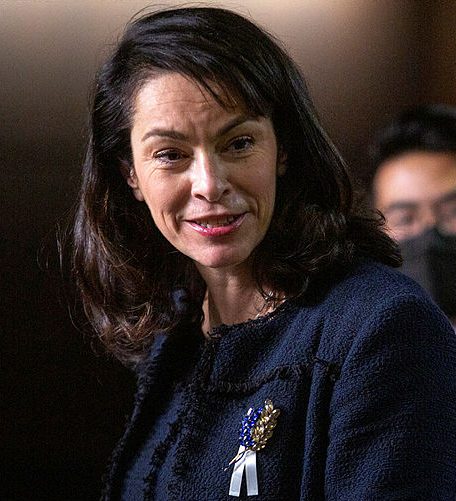
Despite her relatively minor role as the foreign affairs critic of Parliament’s fourth party, Heather McPherson has become a major voice in discussions on foreign policy inside the House of Commons and committee rooms as vice-chair of the Special House Committee on the Canada-People’s Republic of China relationship, and member of the Foreign Affairs and International Development Committee. With the closer relationship between the Liberals and NDP since the 2022 introduction of the supply-and-confidence agreement, McPherson has also become a critical ally and effective critic of the government’s foreign policy from Ukraine to the Middle East, including playing a major role in negotiating amendments to her party’s successful opposition day motion on March 18 calling for a ceasefire in Israel’s war against Hamas in Gaza.
Peter Boehm, Independent Senator
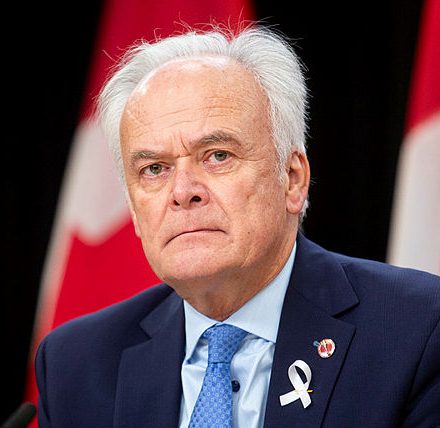
Bringing vast global experience to the Red Chamber, Independent Senator Peter Boehm chairs the Senate Foreign Affairs and International Trade Committee, which recently finished an overarching report on the state of the foreign service. The former deputy minister for international development and past ambassador to Germany brings learned experience to the foreign file, and has called for political will and renewed investment to modernize the risk-averse department in the Pearson Building. He holds connections with Trudeau and the PMO as a former G7 sherpa, during which time he helped manage the chaos of the Trump presidency during the turbulent 2018 summit in Charlevoix, Que.
Boehm is given a helping hand on his committee with vice-chair and Progressive Senator Peter Harder, who also has senior experience at GAC as a former deputy minister of foreign affairs.
John McKay/Randy Hoback/Brian Masse, MPs on the Canada-U.S. Inter-Parliamentary Group
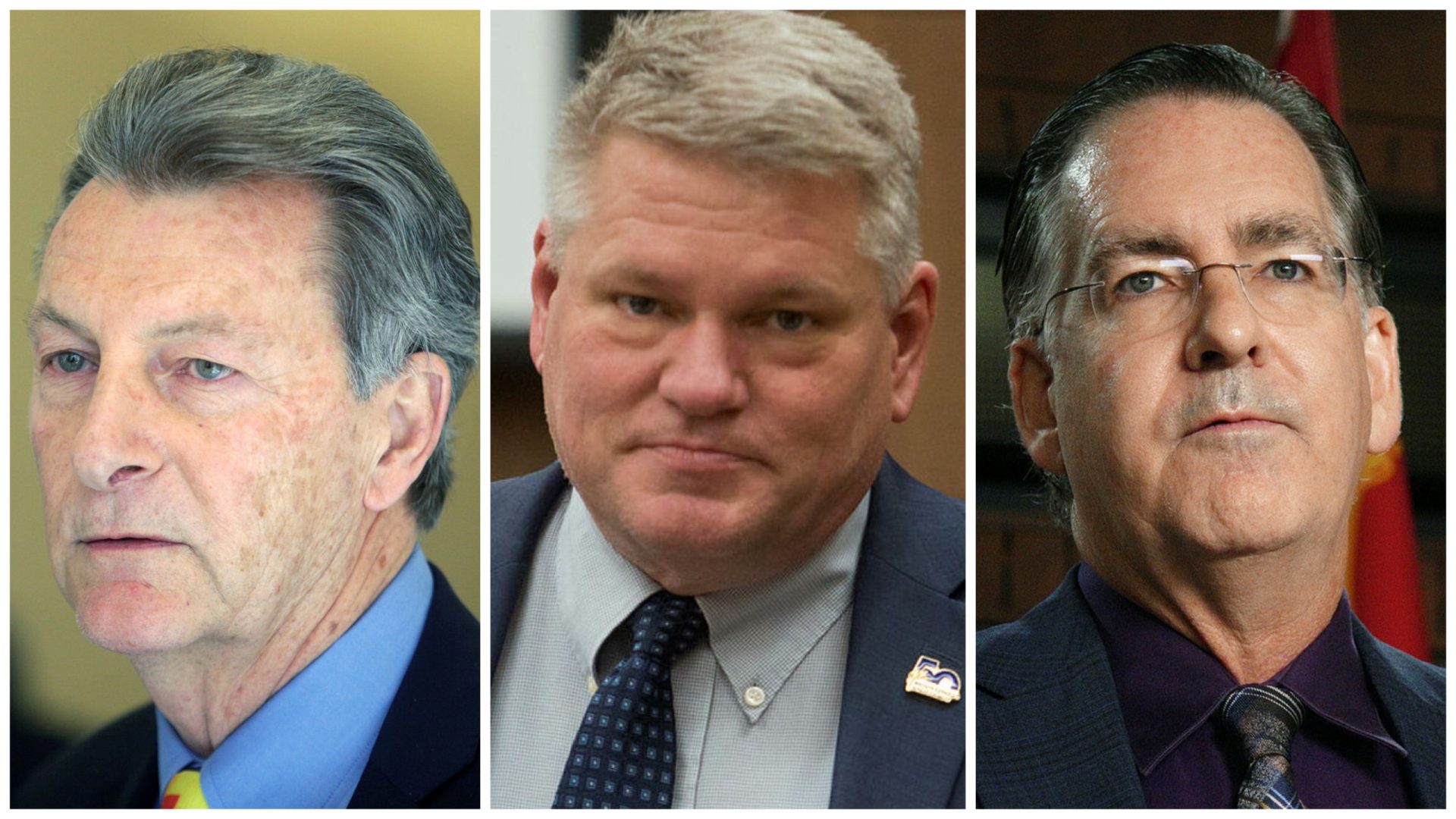
Building deep connections on Capitol Hill, Liberal MP John McKay, Conservative MP Randy Hoback, and NDP MP Brian Masse each have a long history holding leadership positions on the Canada-U.S. Inter-Parliamentary Group, which gives them central access to key lawmakers in Congress. The trio of cross-party MPs have built lasting relationships with the likes of Democratic Senator Amy Klobuchar and Republican Congressman and Trump ally Bill Huizenga. While some of those relationships may not be properly appreciated by the Canadian cabinet or those in the centre, they are long established as the Liberal government rekindles its charm offensive with the U.S.
“They’ve been doing this for a really long time,” Sands said, remarking that this trio of MPs readily get meetings in Washington with members of Congress who may be future cabinet secretaries or governors.
McKay serves as co-chair of the group, and Masse is a vice-chair. Hoback has been a previous vice-chair and currently is the adviser on Canada-U.S. relations to the Conservative leader. A senior government source said Hoback is someone who is sought after for “constructive engagement,” and has been described as someone with a “very good perspective” on the U.S. and beyond.
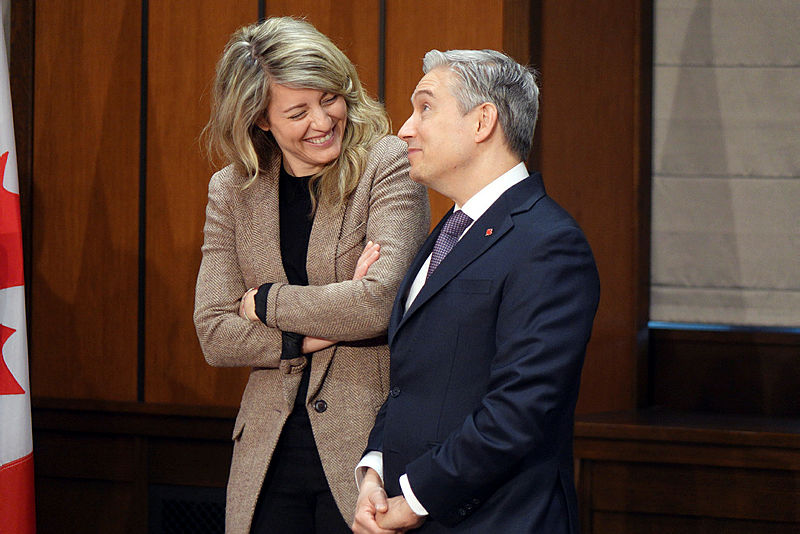
Staffers
Katie Telford, PMO chief of staff
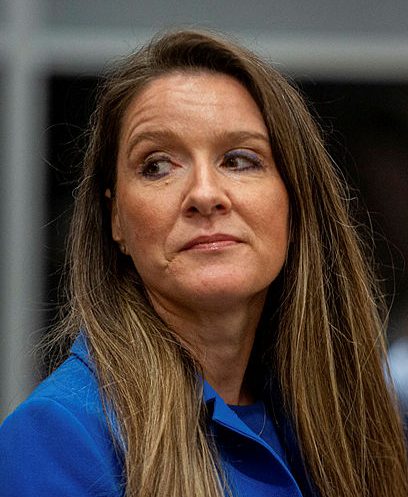
Officially the longest-serving PMO chief of staff in Canadian history, Katie Telford is the prime minister’s ever-present right hand and shadow in every meeting with foreign officials, and has ridden shotgun on every international delegation since the Liberals took power in 2015. With contacts in the Biden administration, like National Security Adviser Jake Sullivan and White House Deputy Chief of Staff Jen O’Malley Dillon, Telford remains a significant asset in Canada-U.S. relations.
Brian Clow, PMO deputy chief of staff
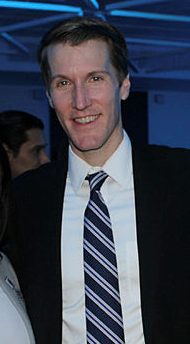
A commanding foreign policy figure in the centre of power working as one of Telford’s No. 2s, Brian Clow has developed key links in Canada’s most important relationship with the U.S., which includes a close link with Ambassador Kirsten Hillman. He has been a top player in the PMO since 2017, previously serving as chief of staff to Freeland as trade minister. “His expertise and contacts are great,” said a former senior government official, noting that he has “great political acumen.”
During the Trump administration, Clow ran the Canada-U.S. war room inside the PMO. This time around the American engagement efforts are largely being run on a day-to-day basis by Ng and Champagne’s ministerial office, but Clow is involved in the process with a broad oversight.
Patrick Travers, PMO senior global affairs adviser
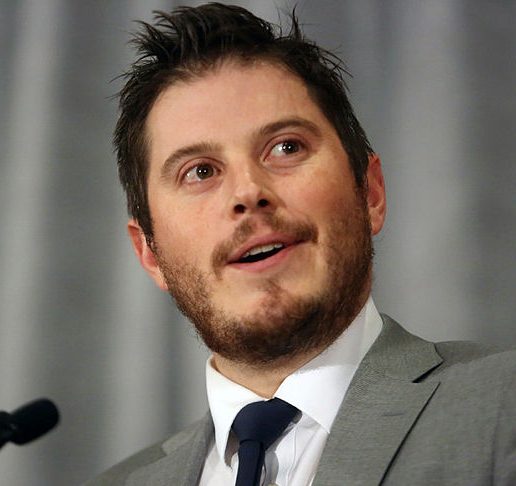
A veteran presence in the PMO, Patrick Travers is the most senior staffer who exclusively handles the foreign file. Having spent eight years at the centre—all working on Canada’s global engagement—he is a trusted aide for all. He’s “the guy that the PM turns to on all matters of international or global affairs. He’s the guy that Katie [Telford] turns to. He’s the guy that Brian [Clow] turns to. He’s at the centre of everything that we do internationally,” said a senior government source.
“He’s been there since Day 1, so what he brings to the table is huge,” said a former senior official, remarking that Travers has immense policy knowledge and is not afraid to challenge plans that are wrongheaded.
Oz Jungic, PMO senior policy adviser
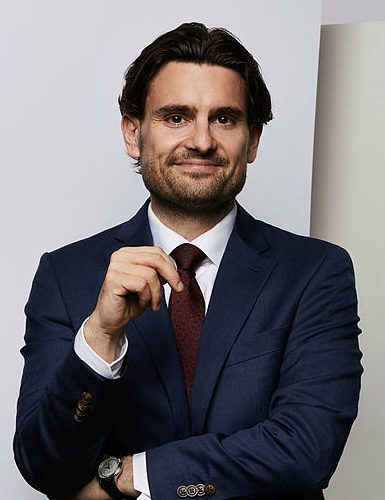
Joining Travers as the second-most senior staffer focused on day-to-day foreign policy matters, Oz Jungic is widely praised by those in government for his management of the global crisis of the day. While below Travers in the pecking order, he has been in the PMO since 2021, previously serving in senior policy roles in the foreign affairs and defence ministers’ offices. A former senior government source said, along with Travers, Jugic plays a “key role” in staffing Trudeau on big international trips.
“He’s looked to for trusted advice,” a senior government official said. A second senior government source also credited Jungic for building deep links with Ottawa’s diplomatic community, as well as with stakeholders.
Jason Easton, PMO strategic adviser for special projects
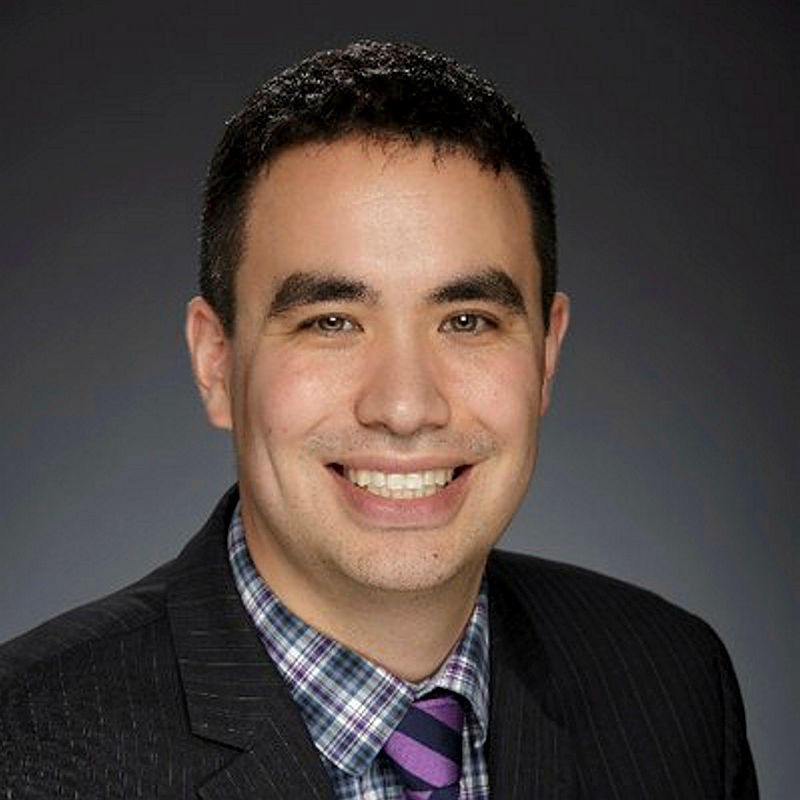
A former chief of staff to Ng, Jason Easton brought with him a wealth of trade and international experience when he took on the new PMO role last October. At the top office, he is involved in all discussions on trade, as well as giving his voice to national security files. Easton has been praised for his work on stakeholder relations and lending an ear to business concerns. Along with Clow, he is the PMO point-person on U.S. engagement, working with Ng and Champagne’s offices, as well as with Global Affairs. He also brings auto industry experience to his role, which is a frontline issue in Canada’s relationship with its southern neighbour.
Ben Chin, PMO senior adviser

A trusted aide to Trudeau, Ben Chin may only spend a portion of his day on global matters, but his voice echoes, according to senior government sources. He was acutely involved in the development of the government’s Indo-Pacific strategy. He has travelled to Asia alongside Joly, and has links in South Korea, including with their embassy in Ottawa. “He is someone that the PM turns to for important international engagements to step in and give good advice,” a senior source said. Chin has also served as then-finance minister Bill Morneau’s chief of staff, and spent time in then-B.C. premier Christy Clark’s office.
Emily Desrochers, issues and parliamentary affairs adviser
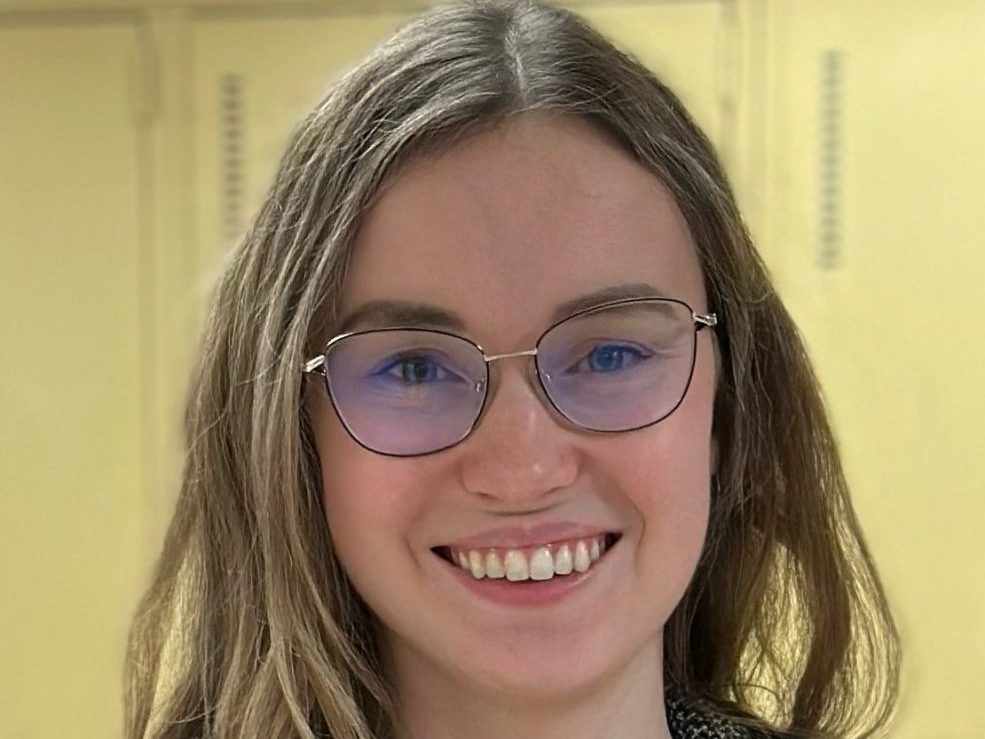
Rounding out the PMO staffers who handle the foreign policy file is Emily Desrochers, who joined the centre in 2022. She has past experience in issues management in the defence minister’s office, and spent three years on the foreign affairs minister’s team. Like Travers and Jungic, Desrochers is exclusively focused on the foreign file on a daily basis. Her position in the PMO gives her added influence where the decisions are made, working closely with the two PMO foreign policy senior staffers.
Peter Wilkinson, chief of staff to the foreign affairs minister
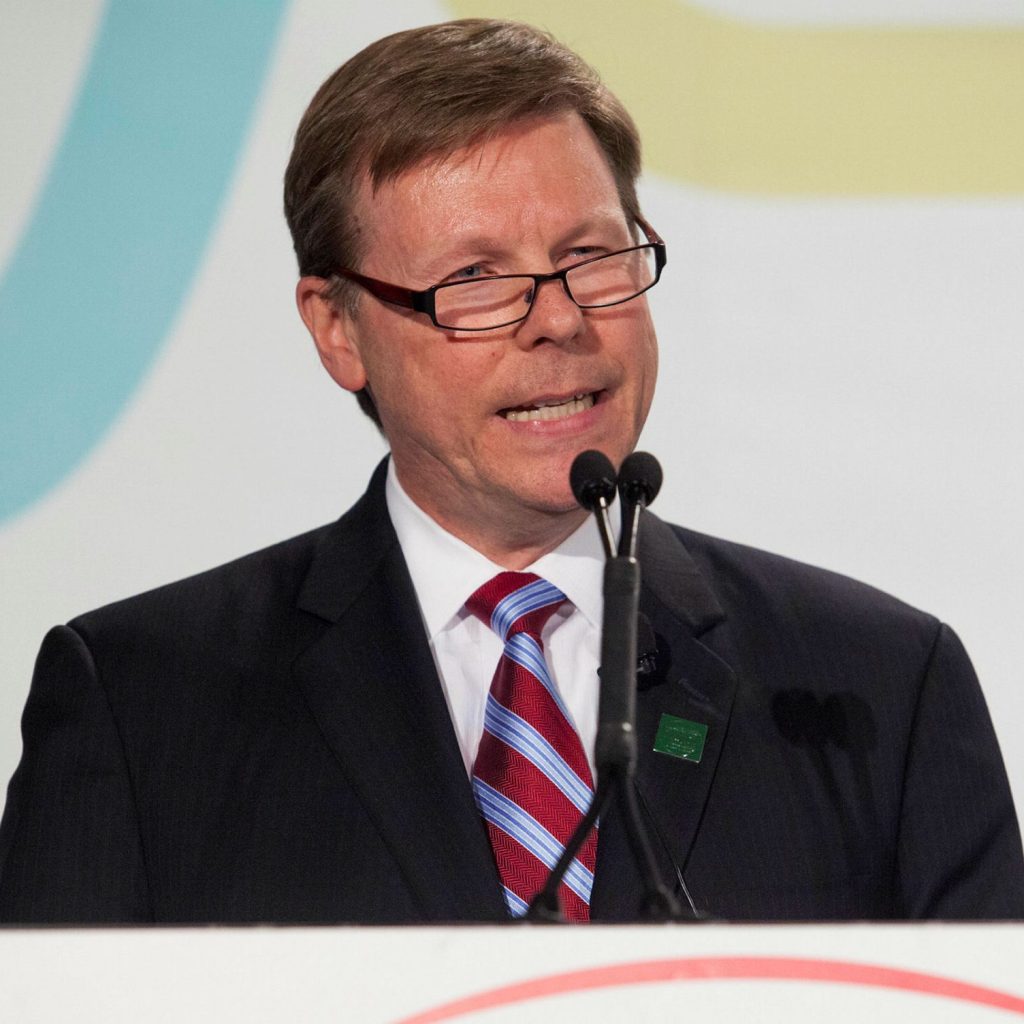
Described as a “trusted hand” by a senior government official, Peter Wilkinson is the point person for everything foreign policy after a little more than a year in the job. Often on the road with the minister, Wilkinson also brings Indo-Pacific experience to the office from his former role at Manulife, including with China. “He was brought in there to kind of clean things up and bring some real stability,” said an academic expert on international affairs.
“His Asian competence is quite high,” said a former diplomat, adding that Wilkinson knows how to operate in difficult countries, and has been described as “seasoned.” One Canada-U.S. observer remarked that he has “a great Rolodex” and “very good political smarts.”
Ian Foucher, chief of staff to the innovation minister
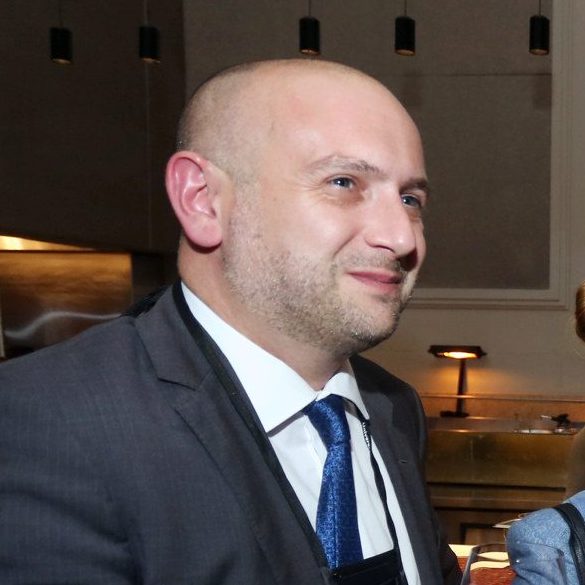
With his boss co-leading Canada’s U.S. engagement drive, Ian Foucher is playing a leading role in the effort. A senior government source called Foucher the “key driver” for Champagne on the initiative, and someone who is known as an excellent networker. “He’s great on relationships, and he’s a strategic thinker who is putting his boss in the right places,” the official said.
Kevin Coon, chief of staff to Ng, also is playing a leading role in the American engagement effort, but his recent arrival to government life has some questioning if he is as influential. Elise Wagner, Ng’s policy director, is also playing an active role on the file, bringing Canada-U.S. experience to the initiative from her time in the PMO.
Alexandre Boulé, deputy chief of staff to the foreign affairs minister
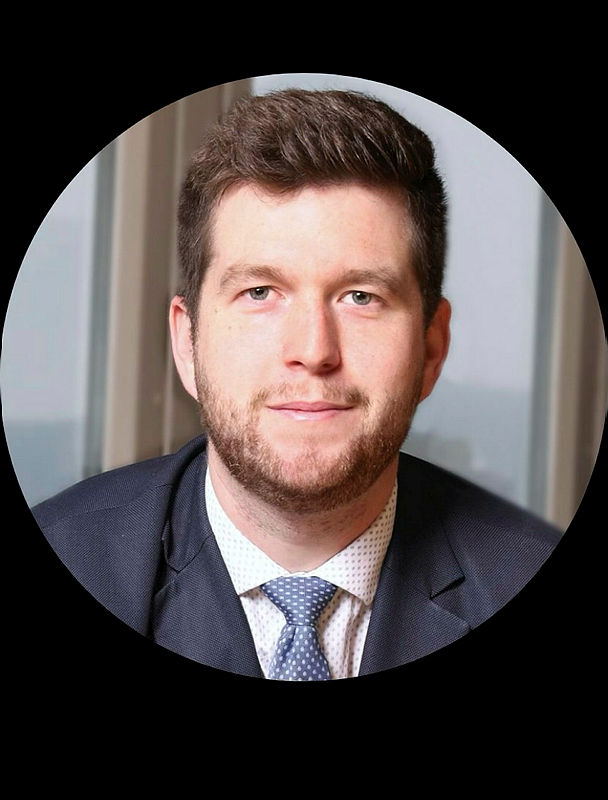
Peter Wilkinson’s No. 2, Alexandre Boulé may be new to Joly’s office, but he has already received high praise for his handling of the workplace, especially with Wilkinson often on the road staffing the foreign minister. He is thought of as someone who gives good advice, and is a trusted voice in the office. He was recruited by Joly from Quebec Lieutenant Pablo Rodriguez’s office. “He really carries the minister’s voice,” said a former senior official, praising Boulé’s political awareness. While not seeking the spotlight, he is praised for “connecting the dots” and being able to read the political temperature among stakeholders. Boulé is also leaned on for advice on all things American, as it was a role he performed as a policy adviser in then-foreign minister Marc Garneau’s office.
Civil servants
David Morrison, deputy minister for foreign affairs
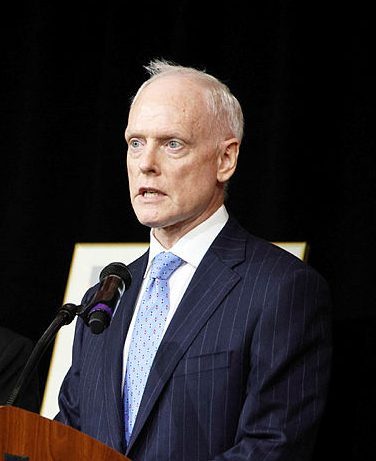
A trusted voice inside the PMO as Trudeau’s former foreign and defence policy adviser, David Morrison brings diplomatic bonafides to an executive role that has been criticized in the past for being given to non-diplomats. Not only does he manage the department, but he is also someone who is in the “inner circle” of consultations, which includes Joly and senior decision-makers in the PMO. A known quantity in Washington, D.C., early in his tenure he travelled down to Foggy Bottom to meet with then-counterpart and State Department No. 2 Wendy Sherman where he not only focused on the Canada-U.S. relationship, but also on how Canada could make an effective contribution to the crises in Ukraine and Haiti.
A past G7 sherpa and former deputy minister for international trade, Morrison faces an increasingly tough task running a department that has signalled the need for more cash amid government cuts. While widely praised, he can clash with Ottawa’s intelligence community as he is viewed as having a “healthy skepticism” of intelligence assessments.
John Hannaford, Privy Council clerk and secretary to the cabinet
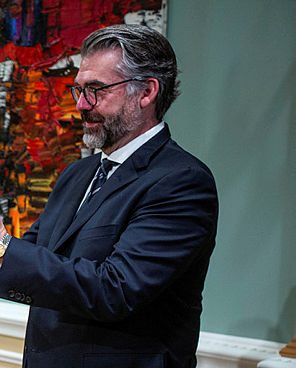
The public service’s top bureaucrat, John Hannaford brings a background in foreign affairs to the role, having served previously as a foreign policy and defence adviser to Trudeau, and as deputy minister of international trade and past ambassador to Norway. “He is the most trusted voice the prime minister has within the public service and that is certainly shown in his involvement and counsel on matters of foreign policy,” a senior official said. Even when Hannaford was shuffled into a more domestic-facing role as deputy minister for natural resources, he was still called on by the government to offer his global expertise. When Trudeau travelled to Ukraine in February, it was Hannaford who was by his side.
Stephen de Boer, foreign and defence policy adviser to the prime minister
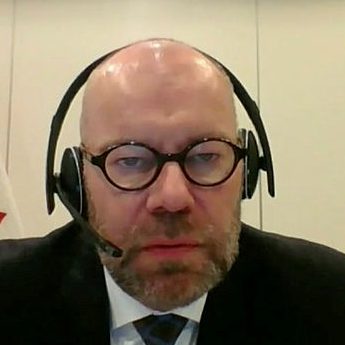
The person by Trudeau’s side for all major discussions on foreign policy, Stephen de Boer touches everything on the global file. Travelling with the prime minister on all international trips, de Boer is also never far from Trudeau’s earshot, and attends cabinet meetings when foreign policy is discussed. “There’s a whispering dimension [to the role], there’s a constant presence dimension that brings with it influence,” noted an academic. While de Boer reports directly to Nathalie Drouin, the former World Trade Organization ambassador is considered a top adviser by senior government officials, described by one senior source as a “trusted voice” and part of the foreign affairs “inner circle.”
Nathalie Drouin, national security and intelligence adviser to the prime minister
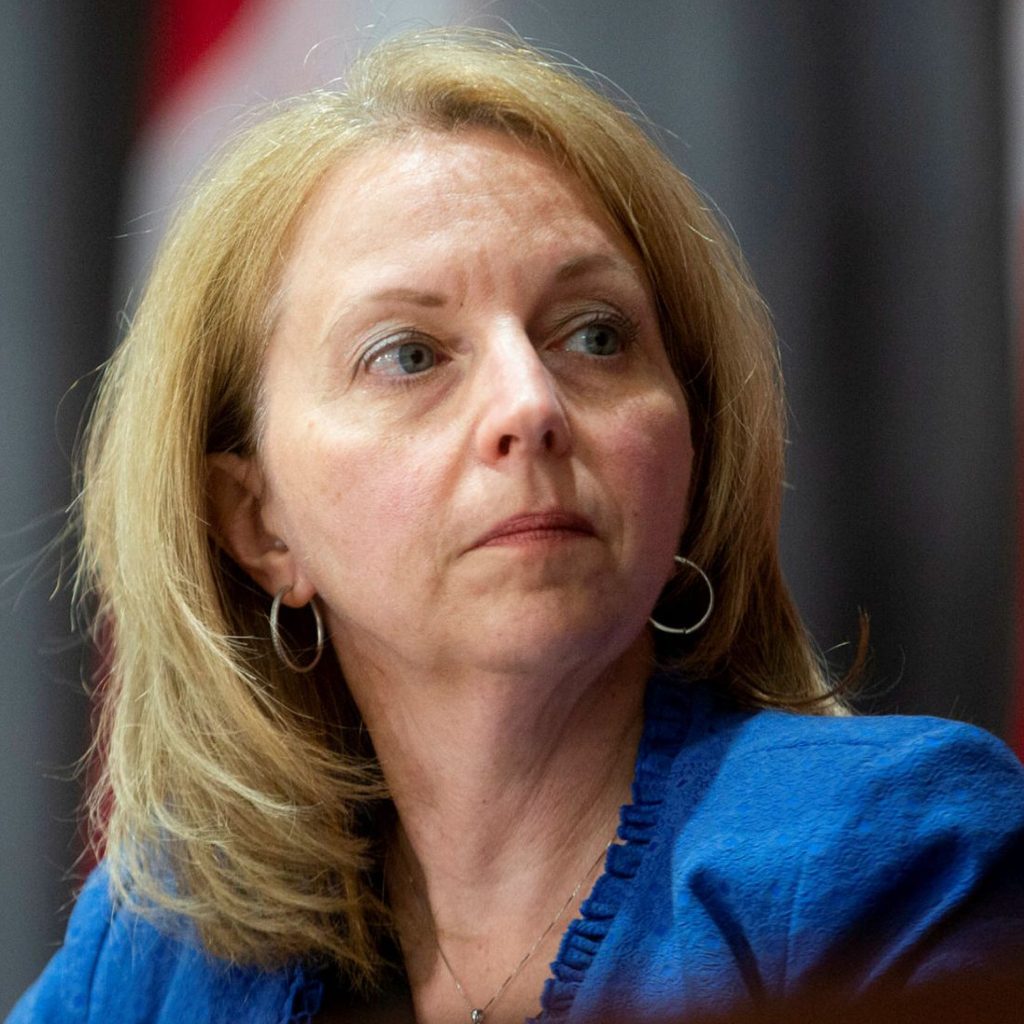
Nathalie Drouin’s appointment earlier this year brought criticism from some quarters for an apparent lack of foreign policy credentials. But that was “unfair,” said one senior government source, as she dealt with numerous international matters as deputy clerk of the Privy Council and deputy minister of justice.
Another senior official gave her credit for the role she played in the resolution of the Two Michaels’ affair. She was also heavily involved in the response to the so-called “Freedom Convoy” protest and the imposition of the Emergencies Act in 2022, which had a global dimension. Drouin also proved herself managing a community of deputy ministers who all have personal “fiefdoms,” and briefing officials right up to the prime minister.
Rob Stewart, deputy minister for international trade
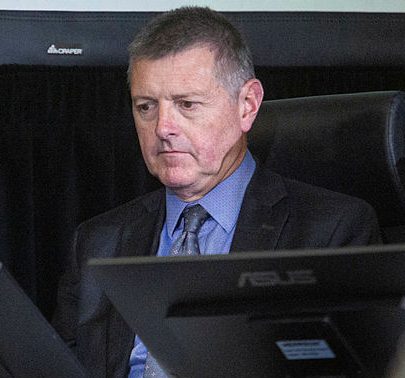
The second-most influential deputy minister in the Pearson Building, Rob Stewart has been the top bureaucrat for international trade since 2022. A former public safety official, he also has experience in Finance Canada working at the G7 level. Sources described Stewart as “very smart” with a “very strong personality.” He has the task of not only getting in the weeds of trade policy, but also trade development, which brings in the cadre of trade commissioners that roam GAC.
The third deputy minister at GAC, Christopher MacLennan, the top bureaucrat for international development, also received wide praise, playing an important role as G20 sherpa.
Wayne Eyre, chief of the defence staff
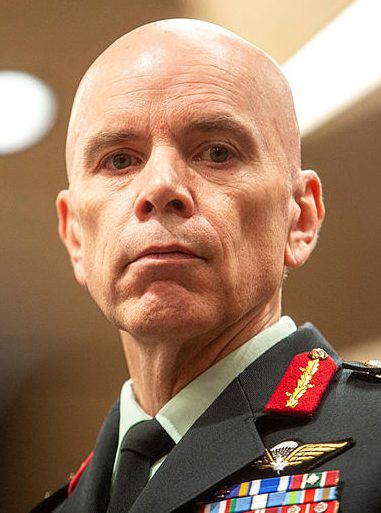
Canada’s top soldier, General Wayne Eyre won’t be in the role for much longer, having announced in January that he plans to retire this summer. However, considering how publicly vocal his warnings have been over the readiness of Canada’s military capabilities, he isn’t expected to go quietly into retirement. While not receiving much of an orientation after taking on the role in an acting capacity in January 2021 and officially being appointed the following November, Eyre has tried to be a point of stability for a military leadership grappling with a sexual misconduct crisis. Since then, Eyre hasn’t shied away from putting the government on red alert over the capability, recruiting, and readiness deficits plaguing Canada’s Armed Forces as it faces an increasingly fractured and dangerous world.
Bill Matthews, deputy minister for national defence
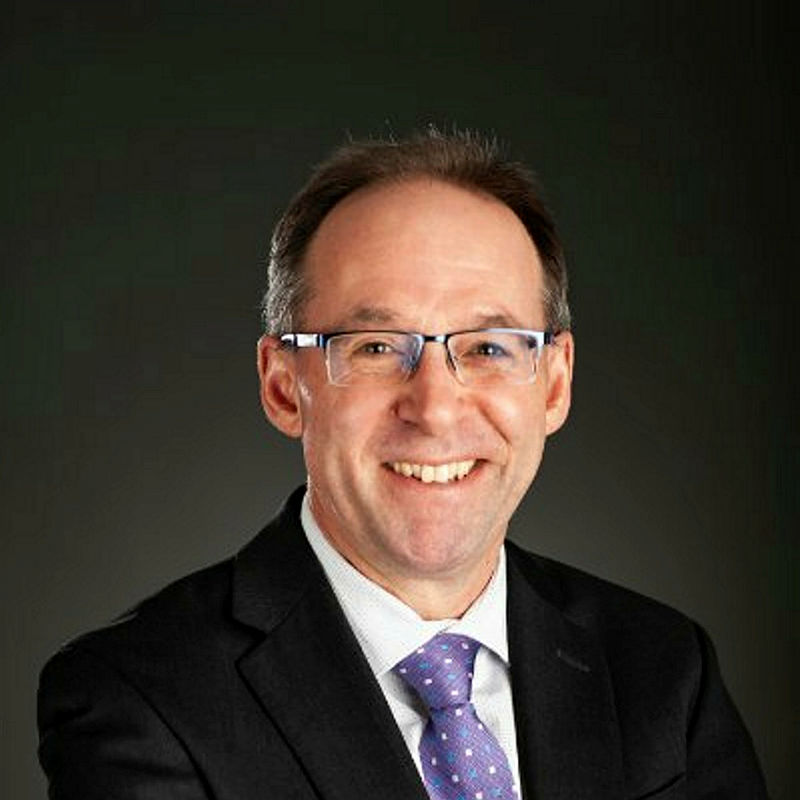
The top bureaucrat at DND, Bill Matthews has the difficult task of managing a department that is being subject to $2.5-billion in cuts as the world calls for increased funding. With past experience as a deputy minister of public services and procurement, he brings value to the department as it makes crucial purchases, which includes naval warships that will serve as the backbone of Canada’s Navy for decades to come, as well as the controversial procurement of F-35s after their acquisition was initially scrapped when the Liberals came to power in 2015.
David Vigneault, CSIS director
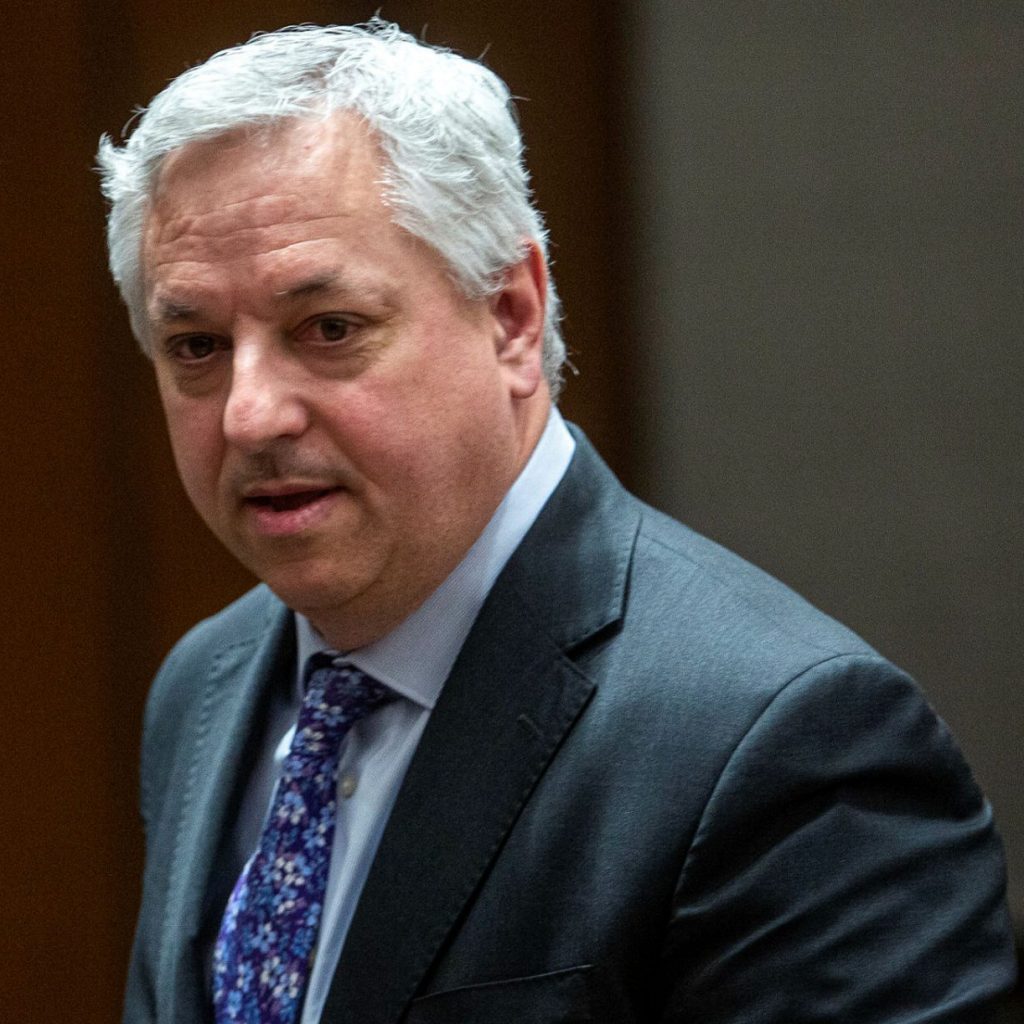
Called a “skilled operator” by one source, David Vigneault has vast experience, having been in his current job since 2017, and previously filling a senior role in the Privy Council Office.
In an ordinary year, it’s probable that Vigneault—by sheer virtue of his position at the head of the organization responsible for foreign-intelligence gathering—would be included in this list. But this is not an ordinary year, and the importance of both Vigneault and the Canadian Security Intelligence Service have only been heightened amid allegations of foreign interference, and of potential leaks exposing those allegations.
The public inquiry into foreign interference could well shed more light onto what is, by its very nature, a secretive organization.
Cindy Termorshuizen, associate deputy minister for foreign affairs
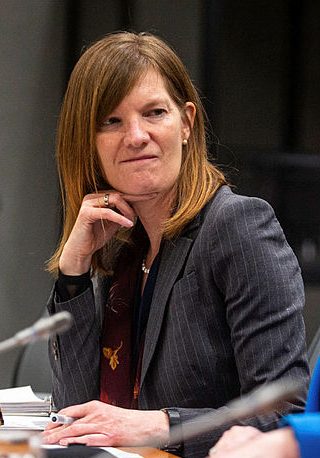
As Trudeau’s G7 sherpa, Cindy Termorshuizen has been handpicked to be in the post when Canada takes over the group’s presidency next year—a role she will be filling on a full-time basis in the coming months. One former diplomat said she is “well respected” within the department, where she serves as an integrator of the three pillars operating at GAC: diplomacy, trade, and development. Termorshuizen brings a wealth of experience on China to her role, as she previously served as deputy head of mission in Beijing, which is especially important for a department that been known to lack experts on the Canada-Sino relationship.
Heidi Hulan, assistant deputy minister for international security and political director
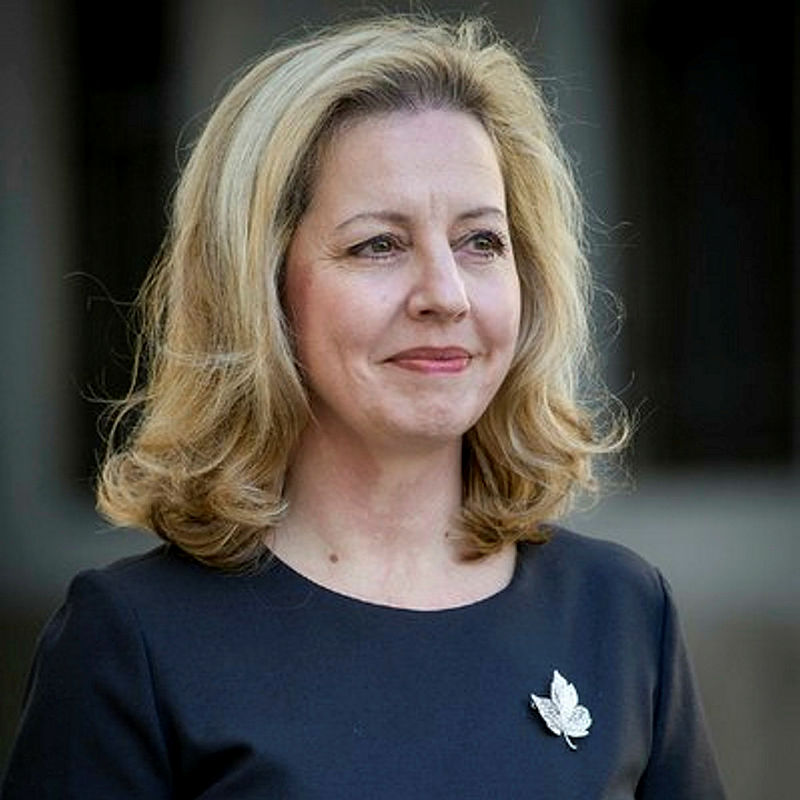
A frequent travel companion for Joly, Heidi Hulan is often by Joly’s side on international trips as her role places her in the middle of a multitude of crises that the government is seeking to address. Hulan helps co-ordinate meetings between Joly and her counterparts around the world, and is involved in discussions about regions that threaten global stability. A former ambassador to Austria, Hulan also brings political instinct to her role as a staffer turned civil servant. A former senior official described her as a “quiet, effective operator” who has strong relations with all G7 counterparts. A past diplomat added that Hulan is “high value” and a “star.”
Alexandre Lévêque, assistant deputy minister for Europe, Arctic, Middle East, and Maghreb
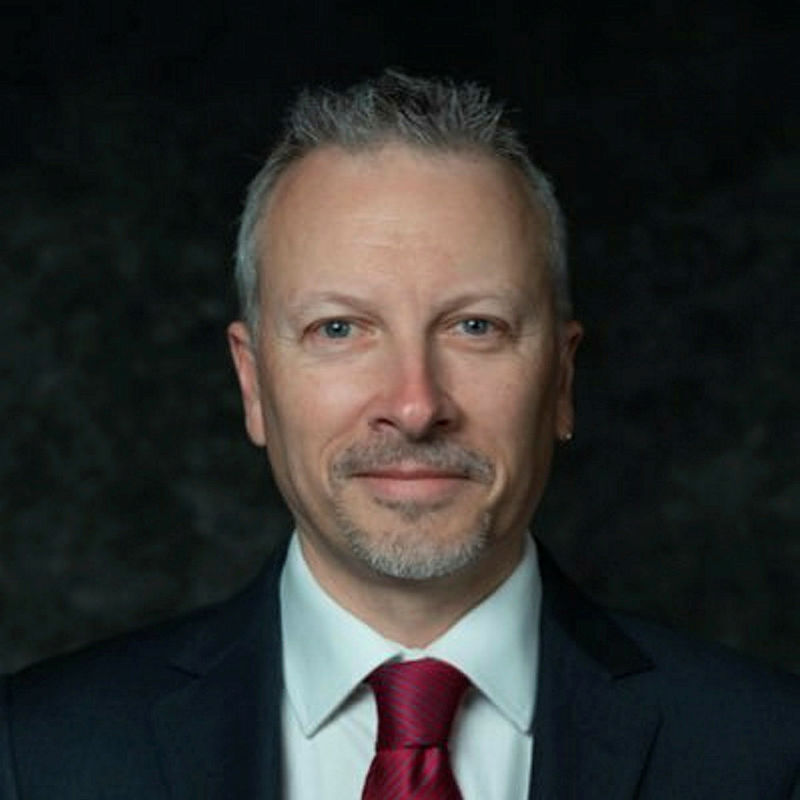
In a role that oversees Canada’s engagement in Europe and the Middle East, Alexandre Lévêque is in the middle of everything that is happening as Canada addresses wars in Ukraine and Israel. Often seen by Joly’s side, Lévêque is viewed as an ascending star within the department. “He’s proven himself to be really strong,” said a former diplomat. He represents a strong voice within the francophone base of the foreign ministry, bringing a different worldview to the anglophone-dominated department.
Larisa Galadza, head of the Canada-U.S. Engagement Task Force
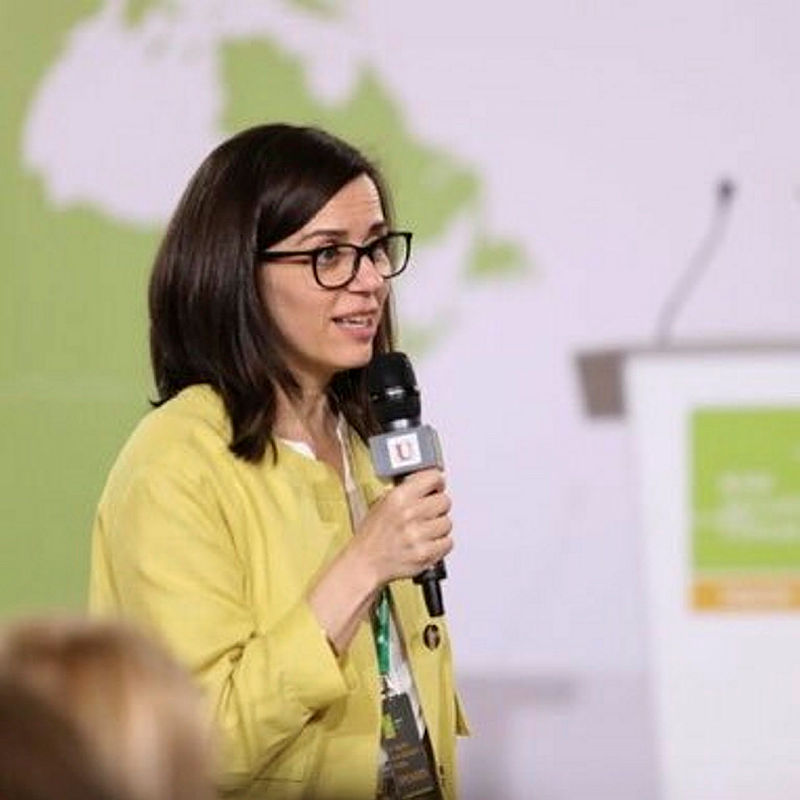
Canada’s former envoy to Ukraine, Larisa Galadza is co-ordinating American engagement throughout the public service as part of the “Team Canada” initiative, where all information flows through her. The role was previously in place during the NAFTA renegotiations, and has been recently restarted.
While the job could potentially only be temporary, having an experienced hand dealing with all things U.S. brings influence. Galadza serves a key role with various ministries and offices involved in the recently commenced effort.
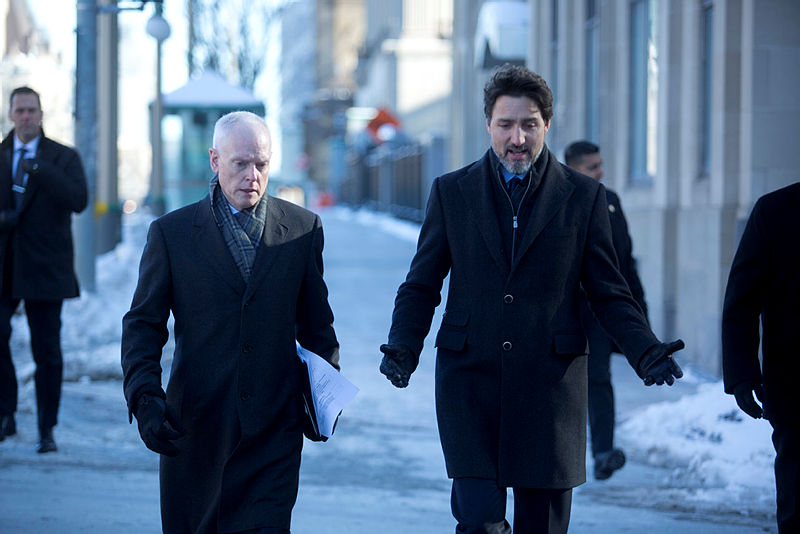
Diplomats
Kirsten Hillman, ambassador to the United States
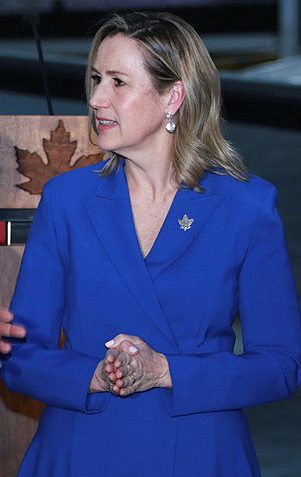
Canada’s most important ambassador always holds office in the Pennsylvania Avenue mission steps away from Capitol Hill, but longtime D.C. envoy Kirsten Hillman brings added influence to the post. A rare career diplomat to lead the mission in Washington, the technocrat heads Canada’s biggest mission of some 340 personnel— with nearly 60 Canadian diplomats—as well as a network of 13 consulates general around the U.S. Hillman rounds out the triumvirate co-leading the American engagement effort with Ng and Champagne.
“Hillman remains the most influential diplomat in our diplomatic corps,” a senior government source said. She is “very well trusted by all senior decision-makers.”
Hillman is closely connected with Trudeau and Telford, having a similar prestige to a political appointee. The former trade negotiator was initially named deputy ambassador during the NAFTA renegotiations, and played a pivotal role at the table as the tumultuous talks played out, making her well-placed as the review of the renegotiated deal is fast approaching. She has served as the ambassador since 2019, first in an acting role and later as the full-fledged envoy.
Bob Rae, ambassador and permanent representative to the United Nations
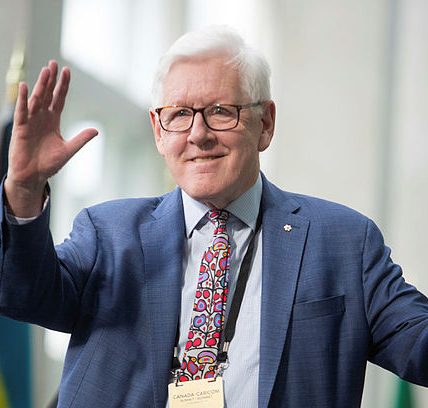
One of Canada’s most prolific envoys, Bob Rae has attracted attention with his thoughtful—and sometimes bombastic—rhetoric in the General Assembly and online. Taking over the role after an embarrassing loss for a temporary seat on the Security Council, Rae has been rebuilding Canada’s influence at the UN, including currently sitting as vice-president of the Economic and Social Council, thought to be one of the most important organs of the multilateral institution. A senior official said Rae is an equal to Hillman in terms of influence, given the “growing importance” of the work that is being done at the UN to address a multitude of conflicts throughout the UN, remarking that he is “very well positioned” and “very well trusted.”
Ian McKay, ambassador to Japan
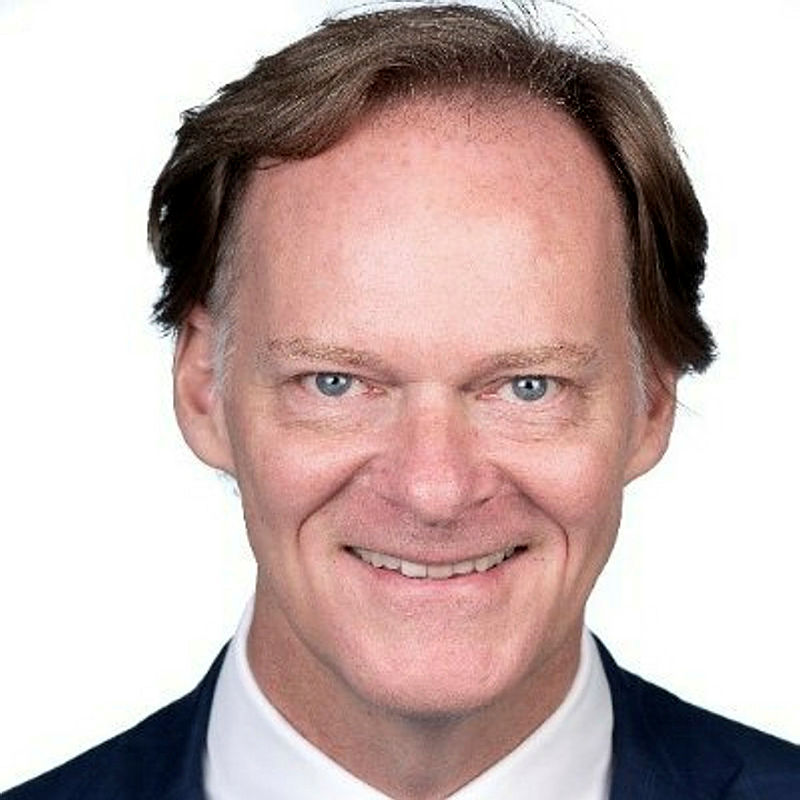
A former national director of the Liberal Party, the Japanese-speaking Ian McKay has close links to the PMO, and played an active role in the development of the Indo-Pacific strategy. Tapped as Canada’s special envoy to the Indo-Pacific last April, his influence has shrunk slightly as the government’s focus on the region has shifted elsewhere. But with the shift, a senior official said that it is just as important as ever that he continues to be active and high profile.
Jacqueline O’Neill, ambassador for women, peace, and security
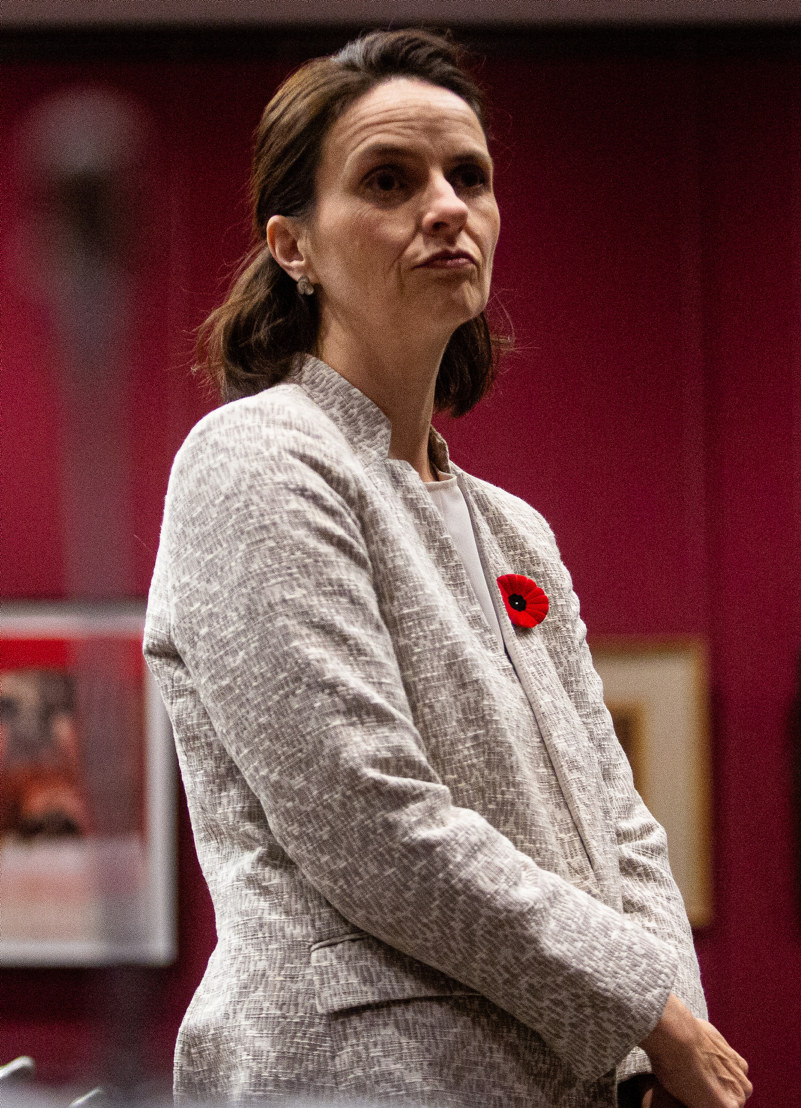
The first person to hold the title when the role was created in 2019, Jacqueline O’Neil’s tenure was extended for another three-year term in 2022 until 2025. From her early days in the role, O’Neill quickly entrenched herself as a credible and influential advocate for women and girls at a time of rising international conflict. One Parliamentarian described her as “smart, thoughtful, caring … everything an ambassador should be,” and that she played a key role in fulfilling the Liberals’ promise of a “feminist foreign policy.” Another said, “her fingerprints are everywhere,” as she has built up an extensive network of knowledgeable contacts with whom she constantly communicates.
David Cohen, U.S. ambassador to Canada
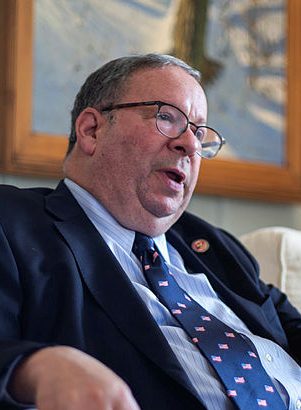
America’s top diplomat in Ottawa will always be the most influential foreign presence in the diplomatic corps, but David Cohen adds additional heft with his effectiveness working behind the scenes, according to a senior government official. A top fundraiser for U.S. President Joe Biden, the Philadelphia-native telecoms executive was rewarded with the ambassadorship in 2021 for his support. As he has developed in the role, Cohen has found areas where he can be a productive voice in the Canada-U.S. relationship, said another senior official. “He’s been hugely helpful in moving forward some of the bilateral conversations,” the source said, remarking that Cohen is “exceedingly effective” in ensuring Canada stays on the agenda for the Biden administration as it often can be ignored inside the Beltway. The government also gave him high grades for his work pulling together Biden’s visit to Ottawa in March 2023.
Sabine Sparwasser, German ambassador to Canada
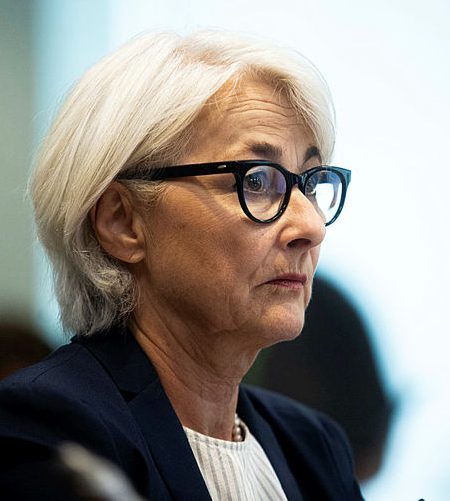
Considered one of the most influential ambassadors in Ottawa, Sabine Sparwasser has been a constant in the Ottawa-Berlin relationship over the years. Serving as Germany’s top diplomat in Ottawa since 2017, she has been a past consul general in Toronto, and has had previous postings in Ottawa and on exchange at the Pearson Building, bringing her time in Canada in total to nearly 15 years. She is credited for her work in deepening links between the two G7 powers since taking over the Golden Triangle embassy, bringing extensive institutional knowledge for all involved in the bilateral relationship.
Kanji Yamanouchi, Japanese ambassador to Canada
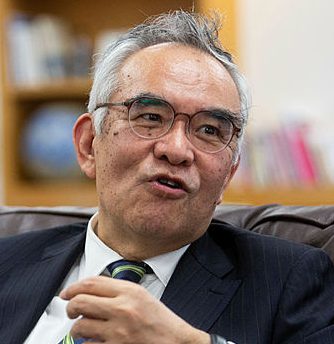
While only in his sophomore year as ambassador, Kanji Yamanouchi has made quite a splash since starting the post in the summer of 2022 after moving from New York, where he previously served as Japan’s consul general. Whether performing O Canada on electric guitar at the “Do It For Democracy” reception last year, or his star-studded party at the Château Laurier Hotel to mark Japan’s National Day and the Japanese Emperor’s birthday last February, Yamanouchi has become a “larger-than-life presence in Ottawa,” whose warm and friendly demeanour has proven an asset in strengthening the strong relations and friendship between Japan and Canada.
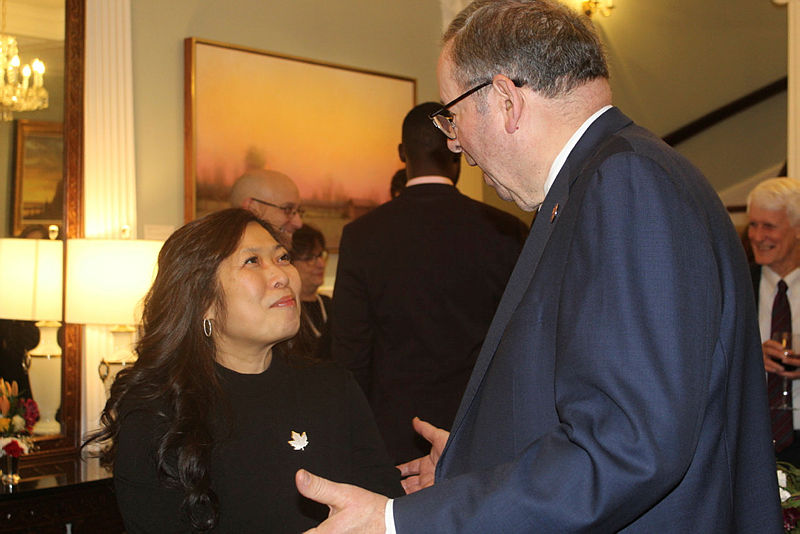
Civil society and others
Janice Stein, academic
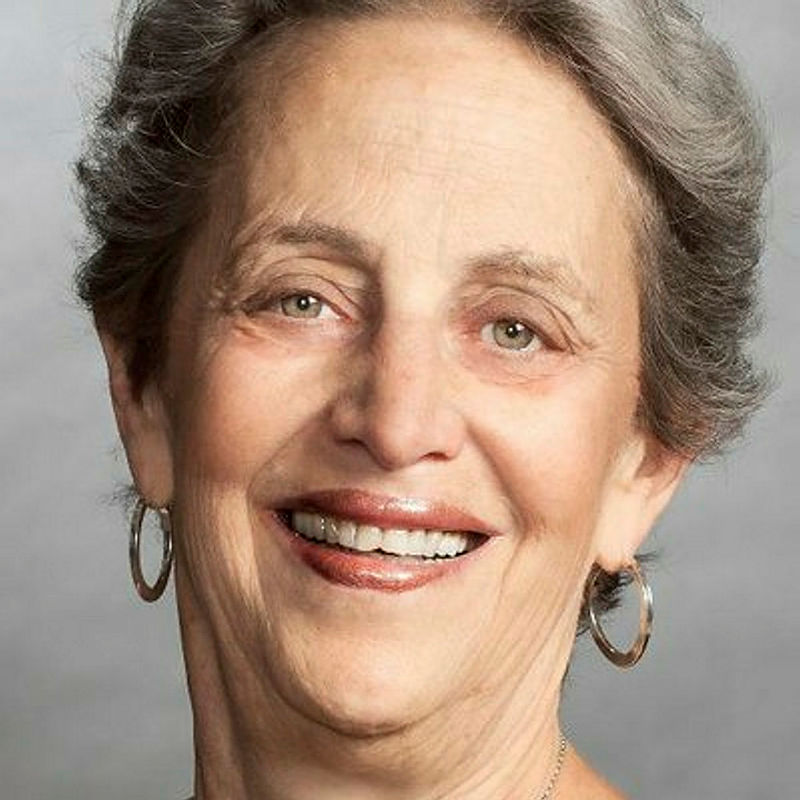
The founding director of the University of Toronto’s Munk School of Global Affairs, Janice Stein is one academic that the government has sought advice from amid the escalating Israel-Hamas war. Trudeau has called Stein personally a number of times to pick her brain on the unfolding situation, according to a senior government official. One former diplomat said she exhibits “a masterclass” on how to be an excellent academic who can communicate, pointing to her appearance on Peter Mansbridge’s podcast The Bridge. She also co-chaired an external advisory group that aided in the foreign ministry’s development of the Indo-Pacific strategy.
Roland Paris, academic
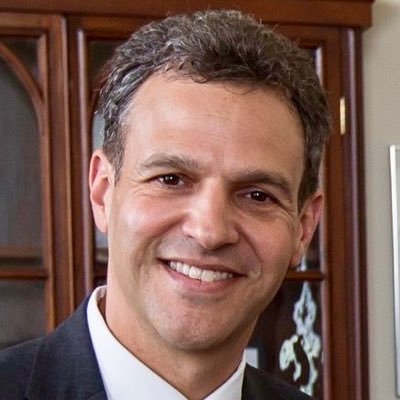
Eight years after he left his role as a senior adviser on global affairs and defence to the prime minister, the government still listens to Roland Paris. The director of the Graduate School of Public and International Affairs at the University of Ottawa was named by multiple sources as among the key academics the government turns to most for thoughts on foreign affairs.
Maryscott Greenwood, Manulife
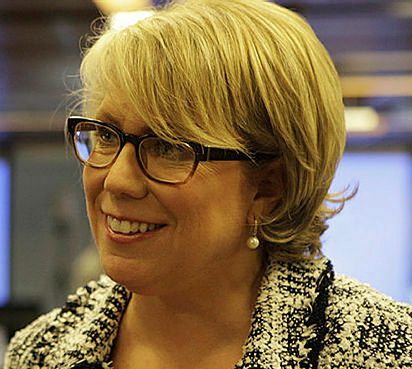
A former U.S. diplomat, Maryscott Greenwood has long been the Washington whisperer for those at the centre of power in Ottawa. While she departed last year as the head of the Canadian American Business Council, her influence persists, according to senior government officials. The former chief of staff to Clinton-era ambassador to Canada Gordon Giffin is a go-to for the government when there is a need for a trusted voice on Canada-U.S. matters, especially around business. Greenwood has close links past and present, and has given advice to Ottawa on how to better lobby the powerbrokers inside the Beltway.
Flavio Volpe, president of the Automotive Parts Manufacturers’ Association
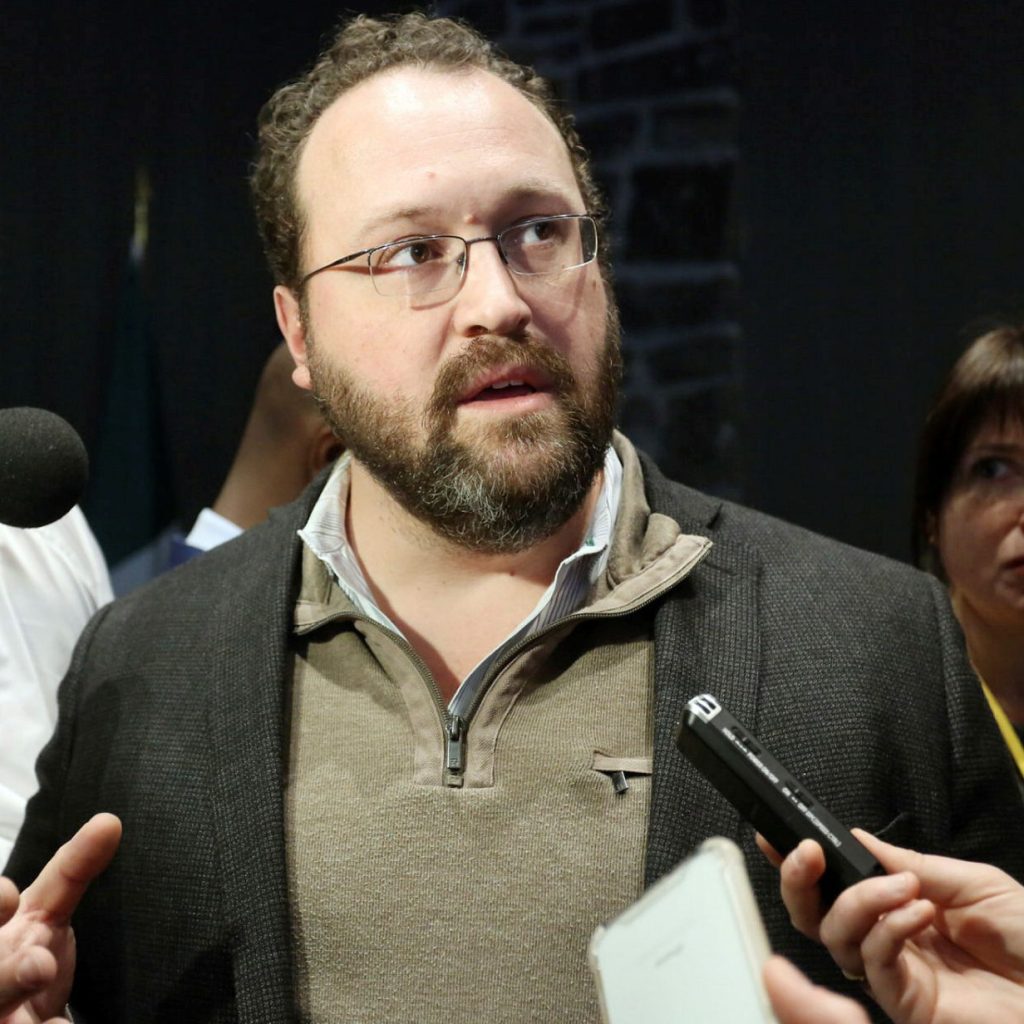
One of the latest inductees into the Order of Canada, Flavio Volpe, the head of the association representing Canada’s largest auto parts makers, is much more than just an industry lobbyist. With close relationships to PMO deputy chief of staff Clow and cabinet ministers Champagne and Freeland, Volpe’s input on the Canada-U.S.trade relationship is of significant value to the governing Liberals, as evidenced by his invitation to brief the caucus on the file at its winter retreat in January.
Goldy Hyder, president of the Business Council of Canada
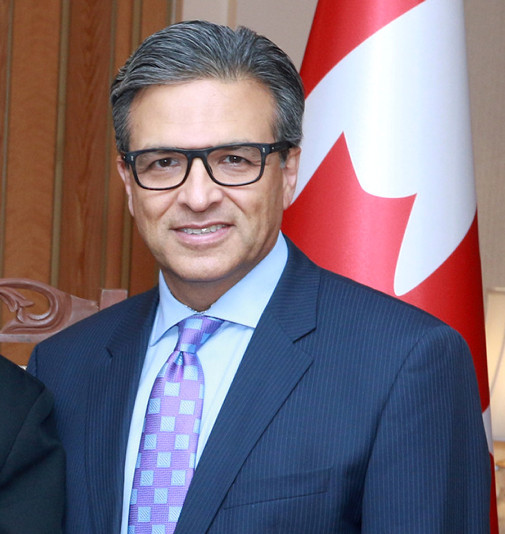
Most sources interviewed for this list agreed that Goldy Hyder and the Business Council of Canada should be included. Although business interests and the Liberal government may find themselves at odds, Hyder remains someone who federal officials repeatedly seek out for advice.
More than five years into his role, Hyder is continually sought out for his opinions, whether or not the government likes the answers. He can frequently be seen lobbying in Washington, D.C., and accompanying the international trade minister on overseas delegations.
Laura Dawson, Future Borders Coalition executive director
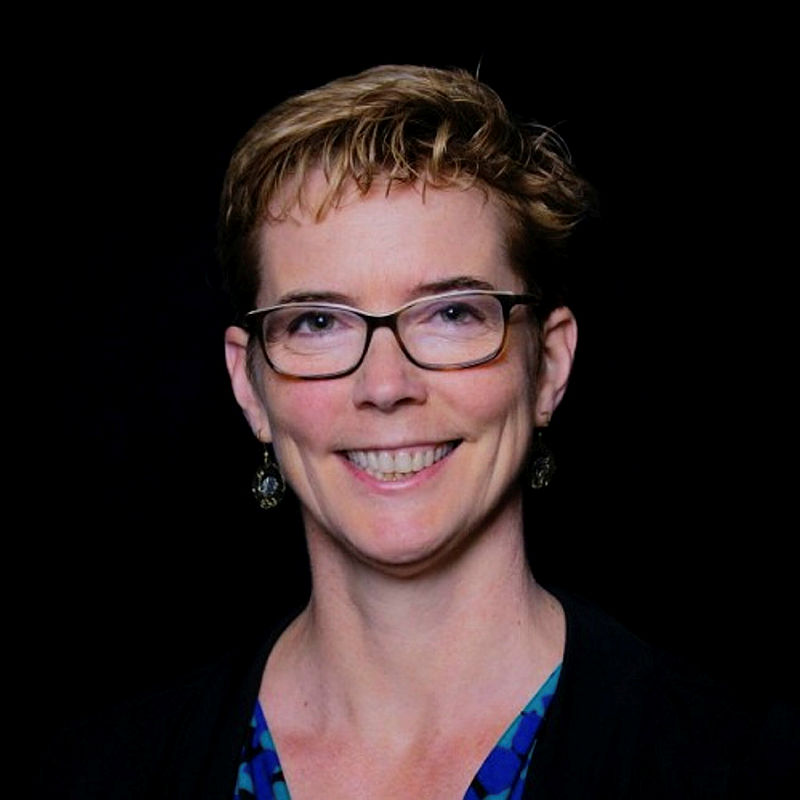
Like Volpe, Laura Dawson was called on by the government to give her two cents at the recent winter cabinet retreat. Her expertise is on the world’s longest undefended border that traverses the 49th parallel—a border that has been put under an increased spotlight by bombastic American lawmakers as their election approaches. One senior official called her perspective a “thoughtful voice” that is listened to. Dawson previously led the Canada Institute at the D.C.-based Wilson Center and was a senior adviser in the U.S. Embassy in Ottawa.
Alexandra Chyczij/Ihor Michalchyshyn, president and CEO of the Ukrainian Canadian Congress
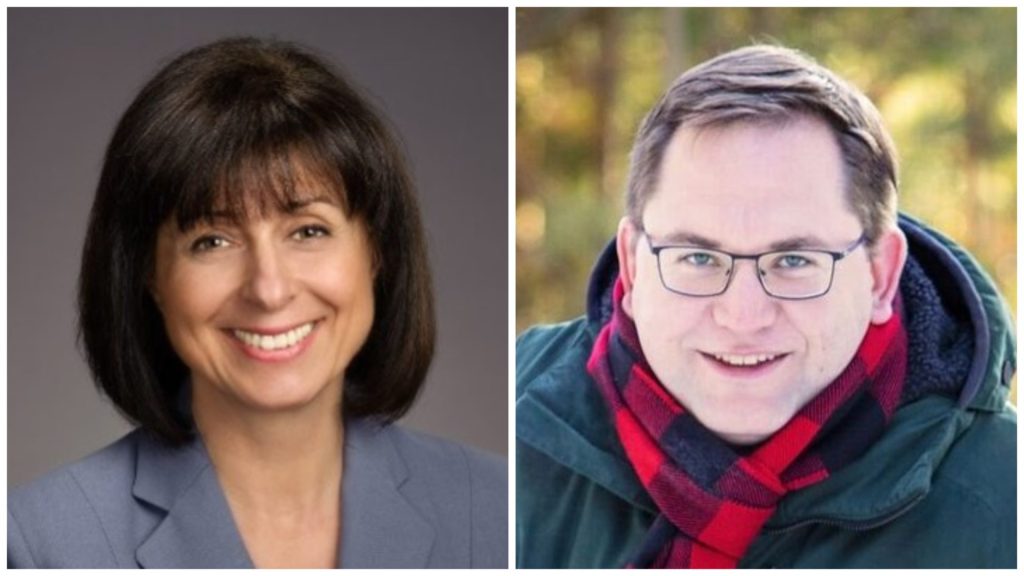
Though cracks have begun to appear in the consensus on military and trade support for Ukraine in Canada, the Ukrainian Canadian Congress (UCC) remains among the fiercest and most-listened to advocacy organizations on the Hill as the country enters its third year of Russian invasion. UCC president Alexandra Chyczij and CEO Ihor Michalchyshyn lead a team of advocates for greater contributions to Ukraine and support in its fight, and retain the ear of some of the most important decision makers.
Robert Fife/Steven Chase, Globe and Mail reporters
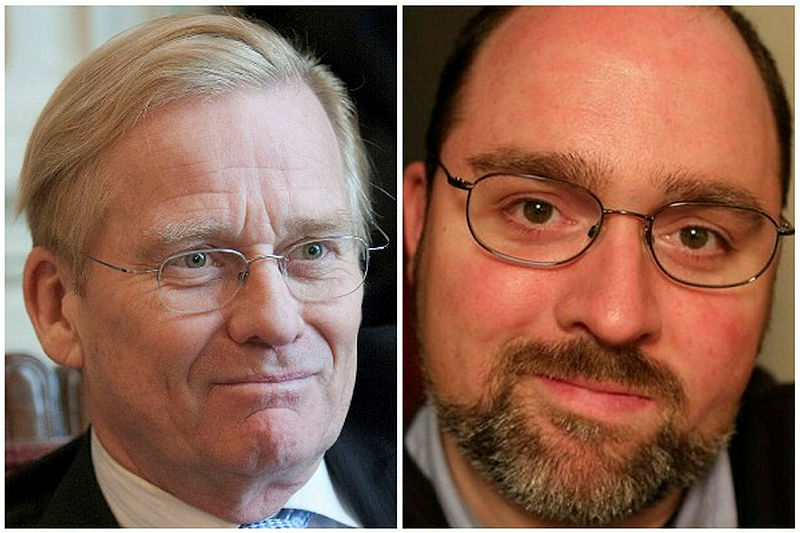
The Globe and Mail Ottawa bureau chief Bob Fife and senior parliamentary reporter Steven Chase “can be permanent members on this list,” according to one source interviewed by The Hill Times. Fresh off breaking story after story about allegations of Chinese government interference in Canadian elections, Fife and Chase followed Prime Minister Justin Trudeau’s allegation of Indian government involvement in the killing of a Sikh activist in British Columbia.
news@hilltimes.com
The Hill Times
EDITOR’S NOTE: This article was updated on April 3 at 11:17 a.m., to correct Chrystia Freeland’s title.
The top 50 people influencing Canadian foreign policy
Politicians
- Justin Trudeau, prime minister
- Chrystia Freeland, deputy prime minister and finance minister
- Mélanie Joly, foreign affairs minister
- Mary Ng, international trade minister
- François-Philippe Champagne, innovation, science, and industry minister
- Bill Blair, defence minister
- Dominic LeBlanc, public safety minister
- Ahmed Hussen, international development minister
- Jonathan Wilkinson, energy and natural resources minister
- Michael Chong, Conservative foreign affairs critic
- Heather McPherson, NDP foreign affairs critic
- Peter Boehm, Independent Senator
- John McKay/Randy Hoback/Brian Masse, MPs on the Canada-U.S. Inter-Parliamentary Group
Staffers
- Katie Telford, PMO chief of staff
- Brian Clow, PMO deputy chief of staff
- Patrick Travers, PMO senior global affairs adviser
- Oz Jungic, PMO senior policy adviser
- Jason Easton, PMO strategic adviser for special projects
- Ben Chin, PMO senior adviser
- Emily Desrochers, issues and parliamentary affairs adviser
- Peter Wilkinson, chief of staff to the foreign affairs minister
- Ian Foucher, chief of staff to the innovation minister
- Alexandre Boulé, deputy chief of staff to the foreign affairs minister
Civil servants
- David Morrison, deputy minister for foreign affairs
- Stephen de Boer, foreign and defence policy adviser to the prime minister
- Nathalie Drouin, national security and intelligence adviser to the prime minister
- John Hannaford, clerk of the Privy Council and secretary to the cabinet
- Rob Stewart, deputy minister for international trade
- Wayne Eyre, chief of the defence staff
- Bill Matthews, deputy minister for national defence
- David Vigneault, CSIS director
- Cindy Termorshuizen, associate deputy minister for foreign affairs
- Heidi Hulan, assistant deputy minister for international security and political director
- Alexandre Lévêque, assistant deputy minister for Europe, Arctic, Middle East, and Maghreb
- Larisa Galadza, head of the Canada-U.S. Engagement Task Force
Diplomats
- Kirsten Hillman, Canada’s ambassador to the United States
- Bob Rae, Canada’s ambassador and permanent representative to the United Nations
- Ian McKay, Canada’s ambassador to Japan
- Jacqueline O’Neill, Canada’s ambassador for women, peace, and security
- David Cohen, U.S. ambassador to Canada
- Sabine Sparwasser, German ambassador to Canada
- Kanji Yamanouchi, Japanese ambassador to Canada
Civil society and others
- Janice Stein, academic
- Roland Paris, academic
- Maryscott Greenwood, Manulife
- Flavio Volpe, Automotive Parts Manufacturers’ Association president
- Goldy Hyder, Business Council of Canada president
- Laura Dawson, Future Borders Coalition executive director
- Alexandra Chyczij/Ihor Michalchyshyn, president and CEO of the Ukrainian Canadian Congress
- Robert Fife/Steven Chase, Globe and Mail reporters





 LICENSING
LICENSING PODCAST
PODCAST ALERTS
ALERTS